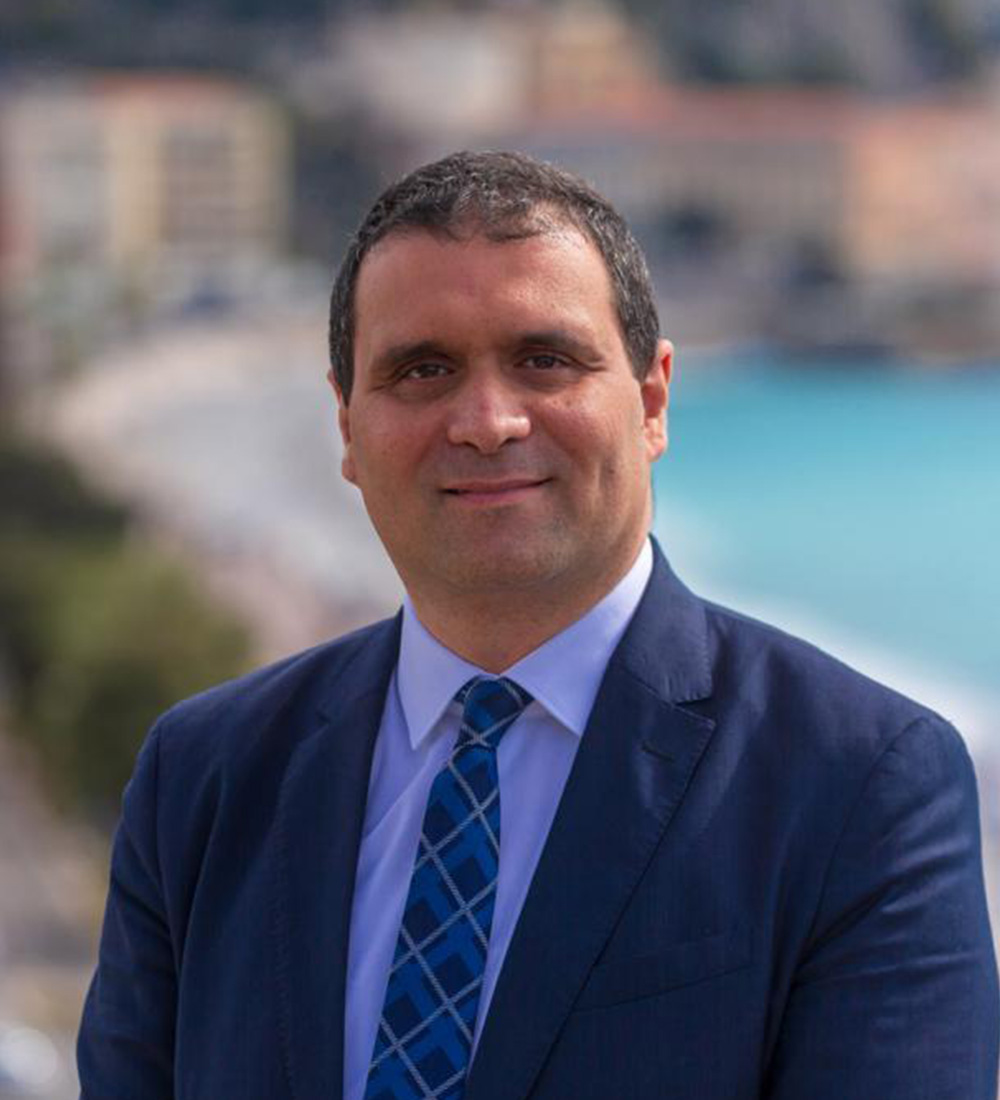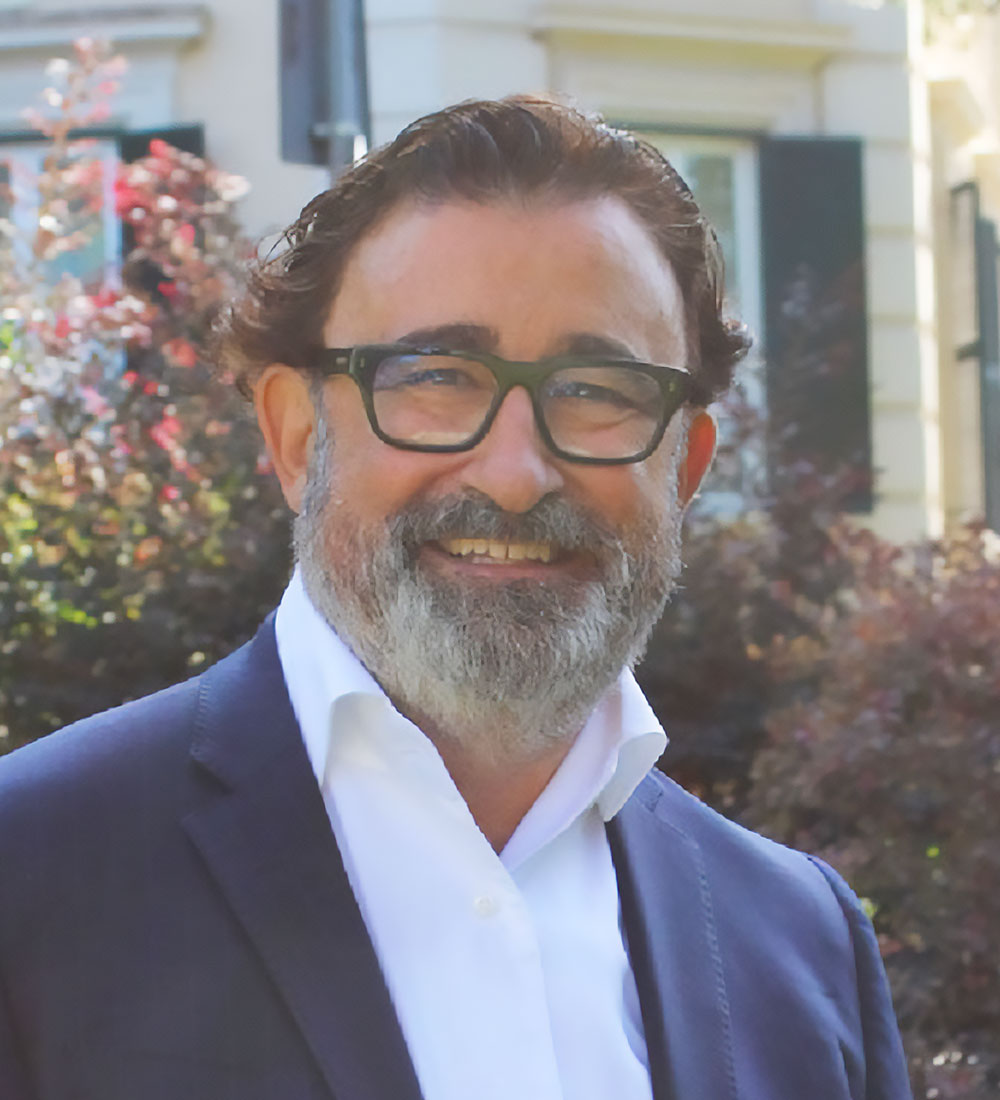


Public debt, often seen as an essential tool for stimulating economic growth and development, can also become a burden on economies if not properly managed. Debt restructuring is therefore a crucial issue that requires special attention, especially in the current context of successive crises, such as the COVID-19 crisis and the war in Ukraine, which have exacerbated debt problems in many countries. In Africa, the situation is even more worrying, as the region faces significant financing needs to support economic and social recovery, while having limited access to international financial markets. Indeed, Africa's public debt has risen from an average of 44% of GDP in 2010-19 to around 65% of GDP in 2022, over-indebtedness remains widespread, with 21 countries at high risk of over-indebtedness in June 2023.
- In this context, how have global crises, such as the Covid-19 and the war in Ukraine, impacted debt management globally, and how are these impacts manifesting themselves differently in Africa?
- In terms of debt restructuring, what lessons could Africa learn from the experiences of other regions of the world that have successfully managed their financial burdens?
- How could international financial institutions work together more effectively to help African countries manage their debt, taking into account the region's specific challenges?
Moderator

Speakers
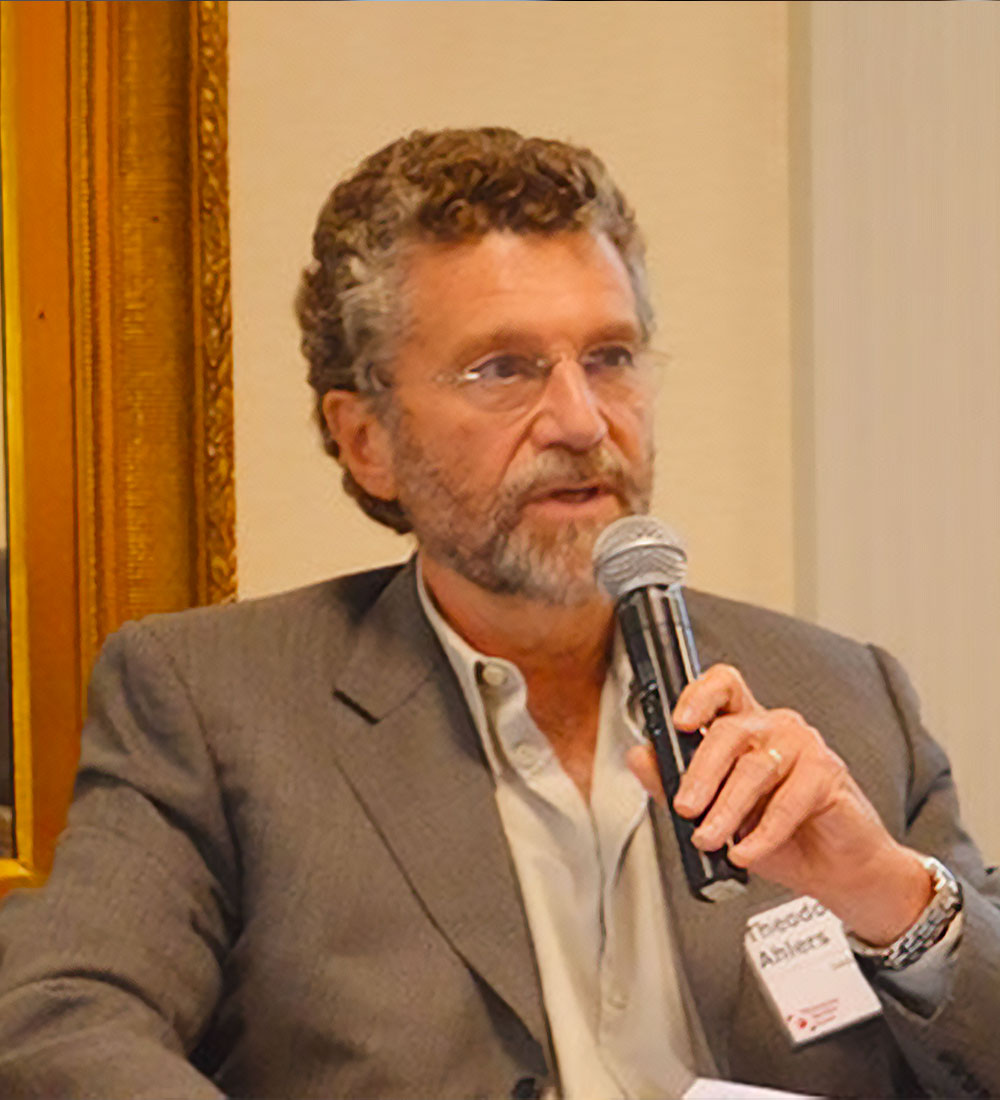
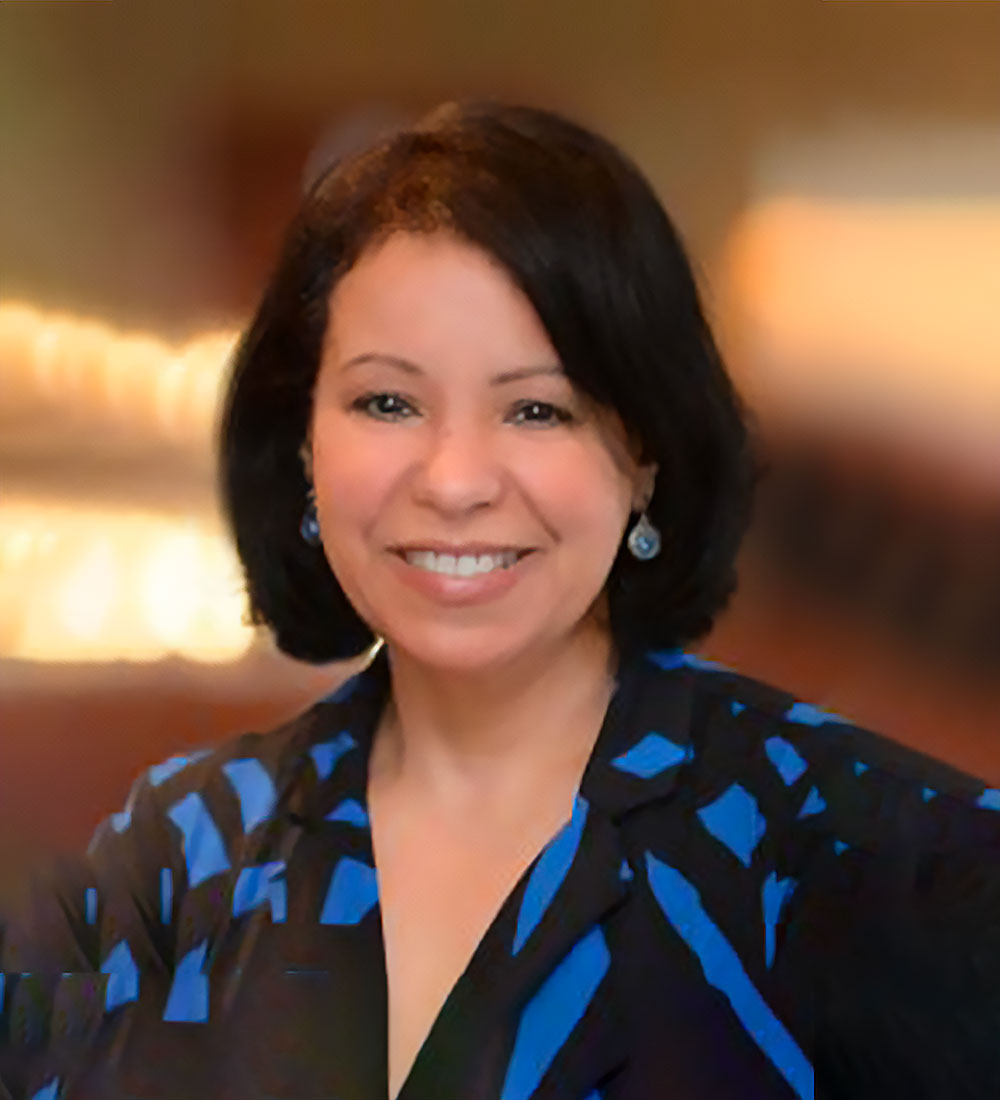
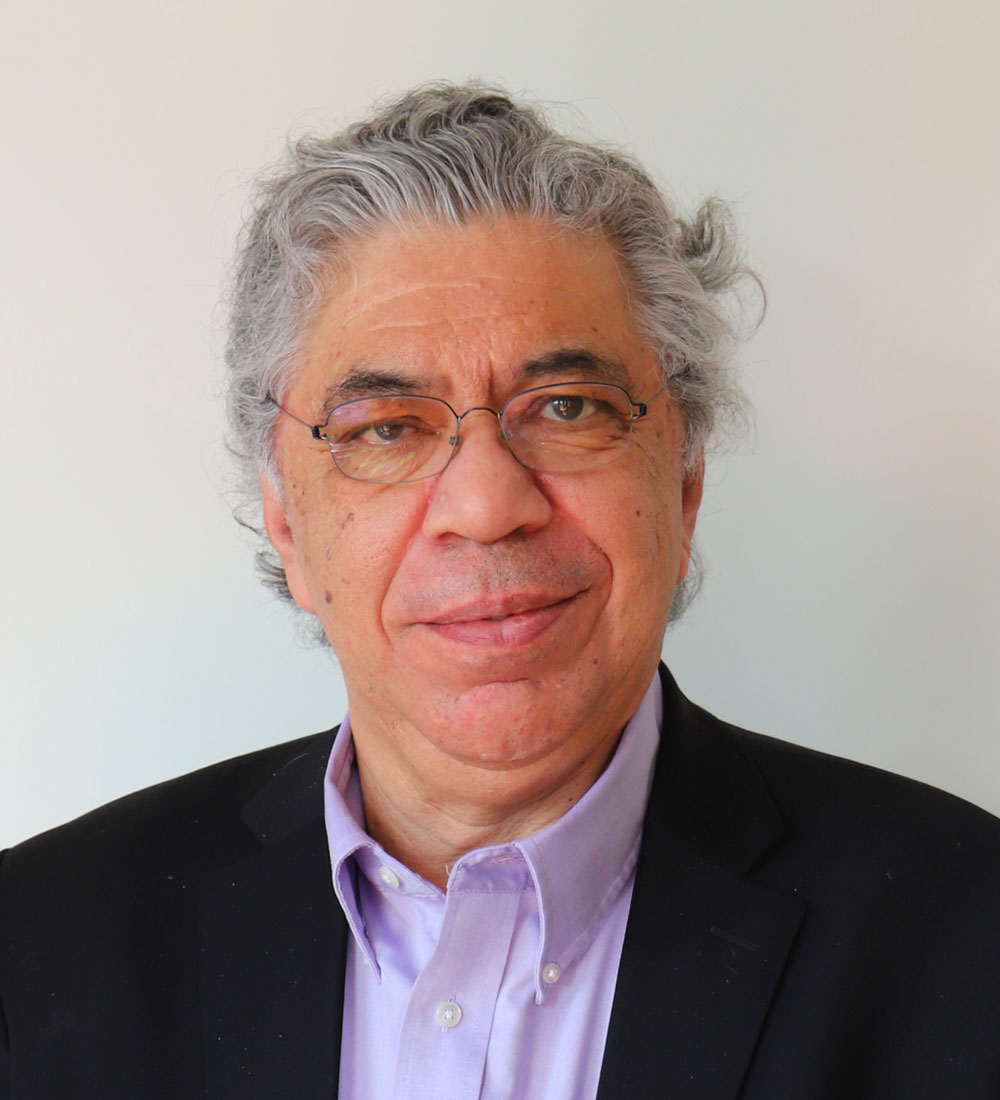
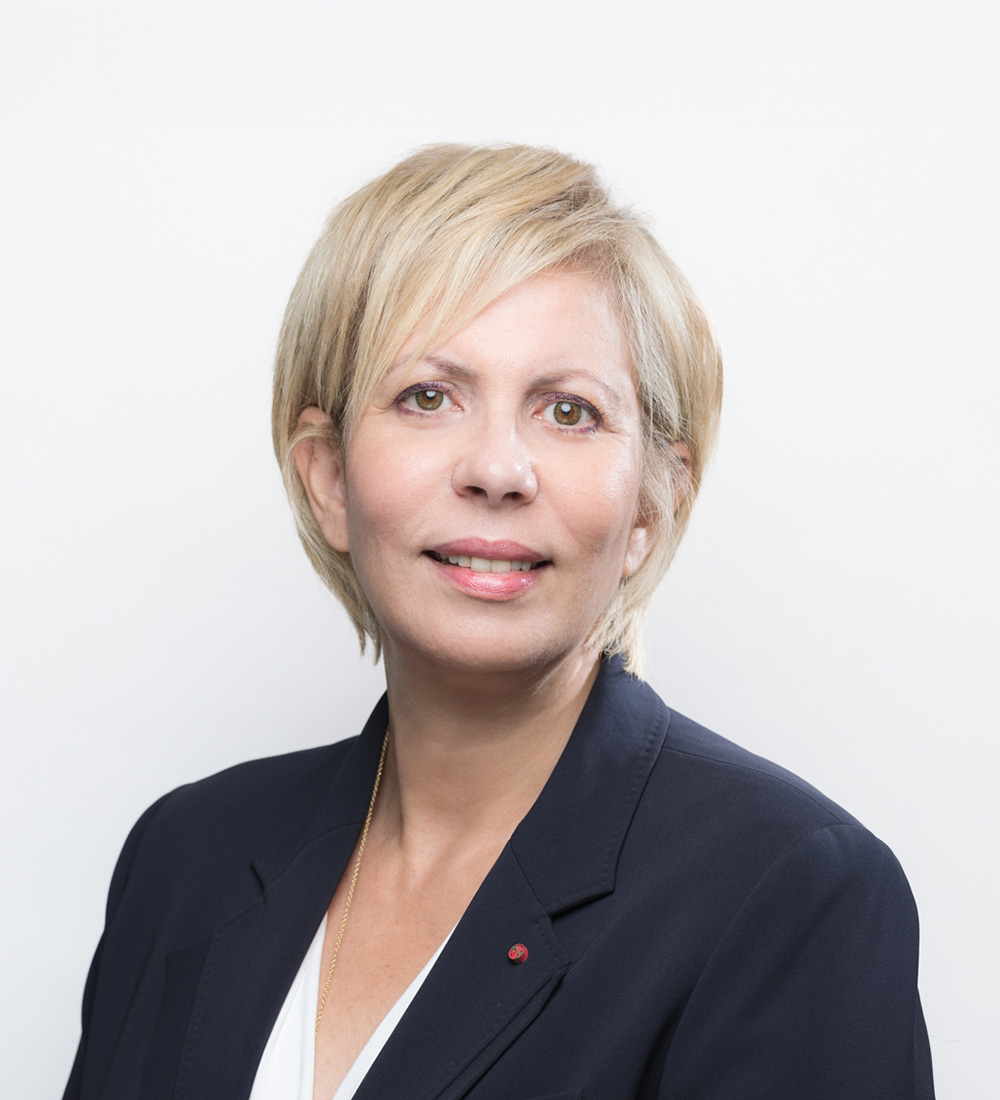
Africa is experiencing unprecedented demographic change, with rapid population growth, urbanization and changing age structures. These dynamics present both challenges and opportunities for many stakeholders, including policymakers and development practitioners. On the one hand, issues of resource allocation, infrastructure expansion and human capital development need to be addressed to meet the demands of the growing population. On the other hand, demographic change can be harnessed as a demographic dividend, unlocking economic potential through a skilled and youthful workforce. Discussions will also address the implications for education, health, and social systems, with a view to formulating recommendations for strategies to balance the demographic equation. This session aims to contribute to informed policies and practices that harness Africa's demographic dynamics for the benefit of its people and the continent as a whole. The following questions will guide the discussions:
- How can African countries effectively harness the demographic dividend from their growing youth populations to drive economic development, innovation and sustainable growth?
- What policies can be implemented to address the challenges of rapid population growth in Africa?
- How can education and social protection systems be restructured and strengthened to respond to Africa's changing demographic dynamics and ensure equitable access and quality services for all ages?
Moderator

Speakers


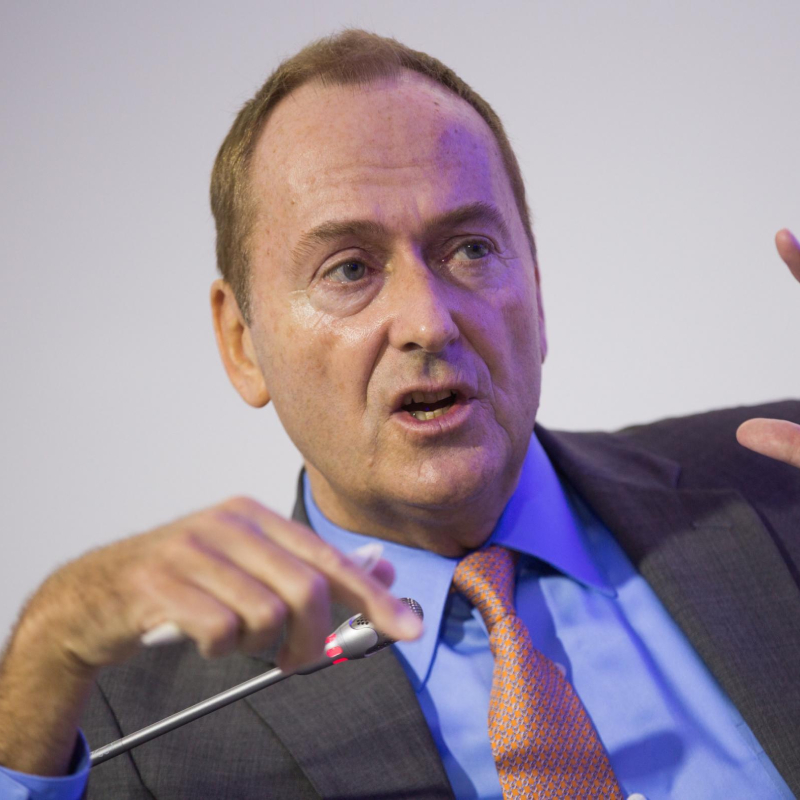
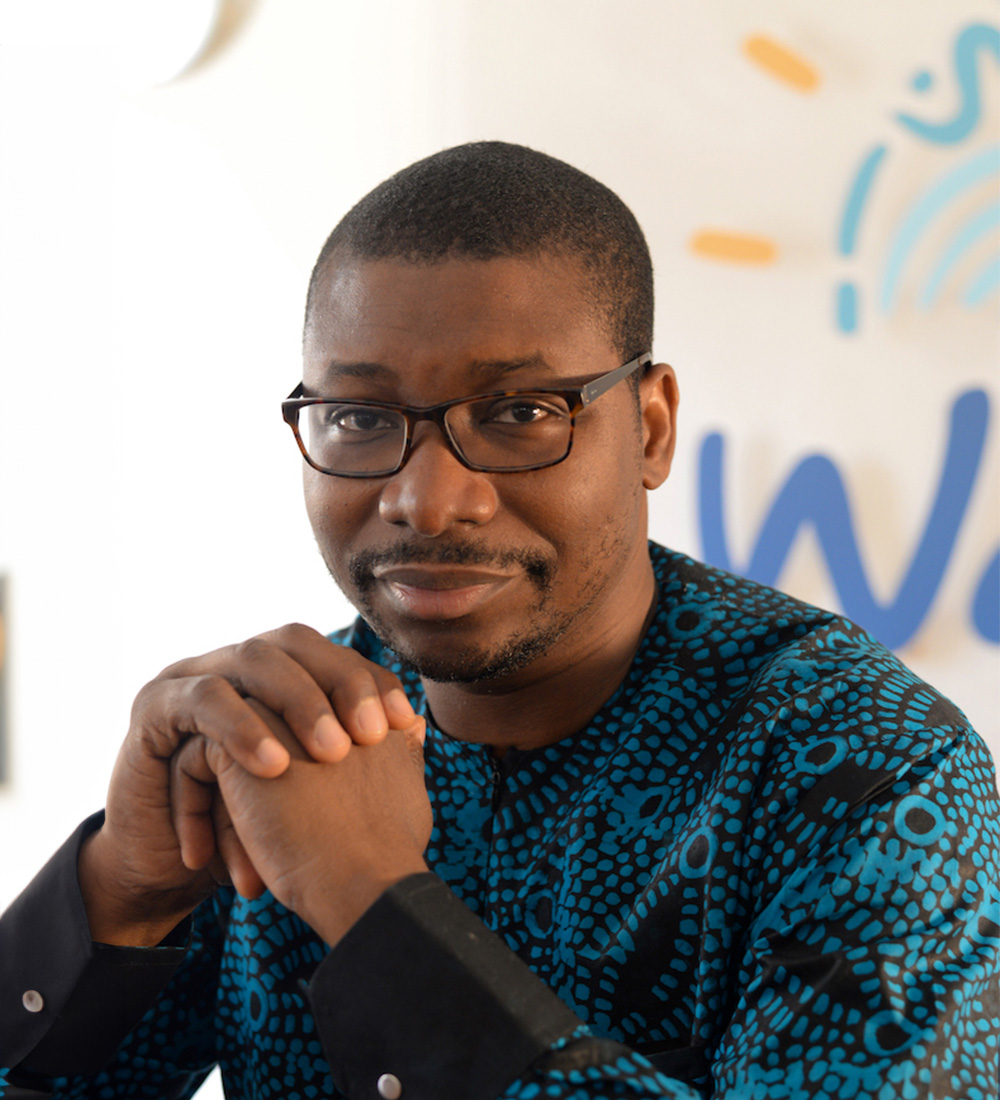
The fourth industrial revolution, characterized by the seamless integration of digital technologies such as artificial intelligence, robotics, and machine learning, is driving major technological shifts in today's economy. These shifts are exerting an impact across various sectors, including the manufacturing sector, with profound implications for economic diversification and structural transformation of economies. While these technologies hold the potential of improving productivity and connectivity, they also present significant challenges, including concerns about inclusive development and a reassessment of the conventional advantages of industrialization as a strategy for economic catch-up. The discussion will focus on the opportunities and challenges presented by new digital technologies in global manufacturing, with a particular focus on the Atlantic region. Emphasizing the transformative impact that these changes have had, including contributing to a revival of industrial policy, the conversation will also explore how such policies can effectively address and leverage the opportunities presented by this new era of technological advancement.
- How is the global manufacturing landscape impacted and reshaped by the fourth industrial revolution, especially in the Atlantic region?
- What are the key implications of these technological shifts on economic diversification and structural transformation particularly in developing economies within the Atlantic region?
- In what ways do the innovations brought by new digital technologies contribute to a rebirth of industrial policy, and how can these policies be strategically employed to address challenges and capitalize on opportunities in the evolving technological landscape?
Moderator
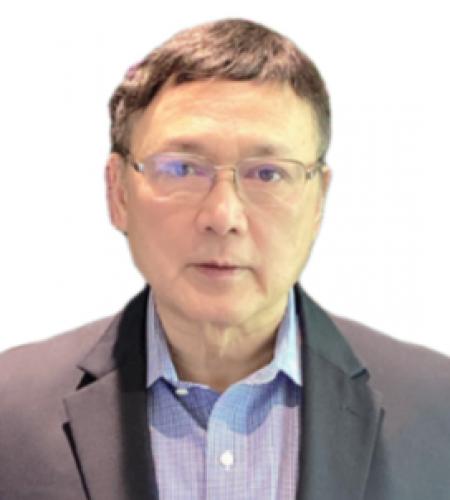
Speakers
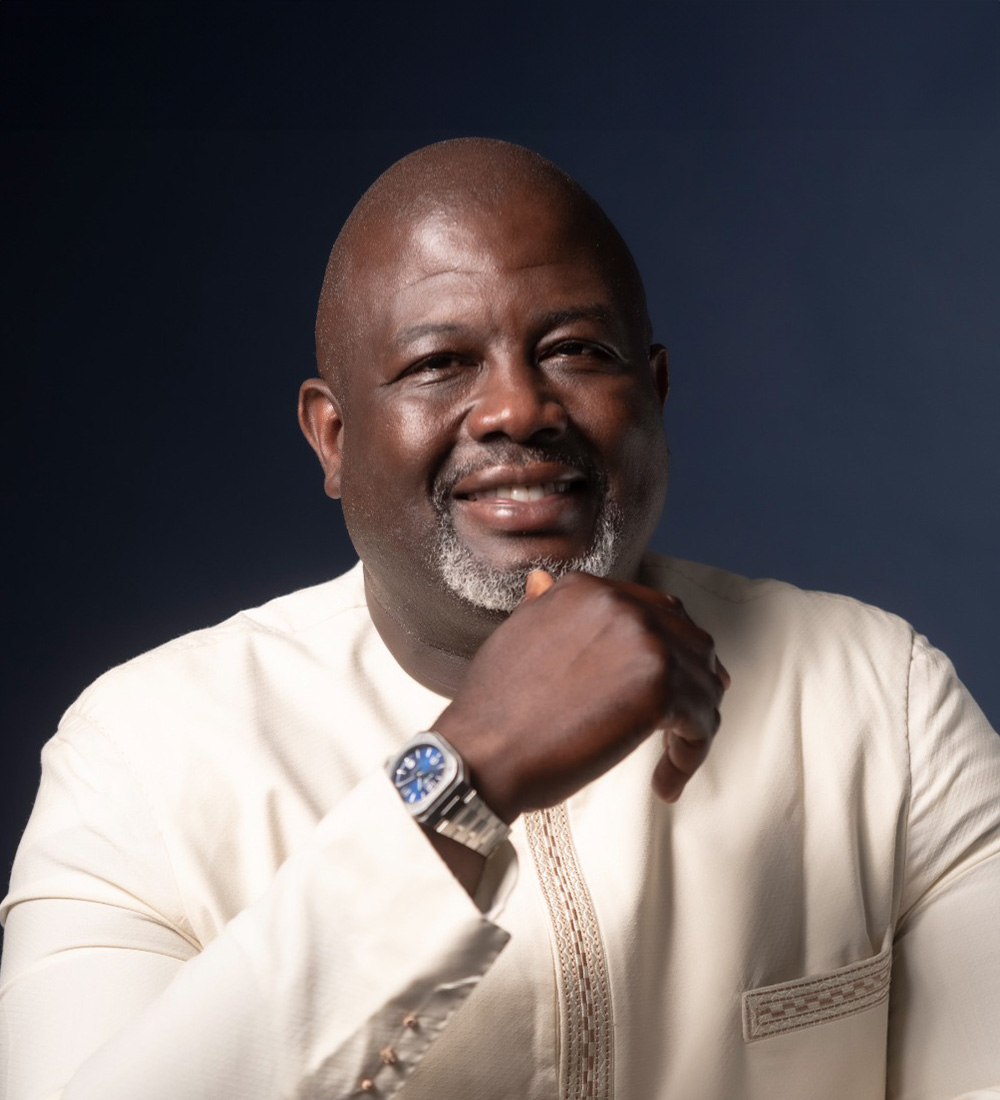
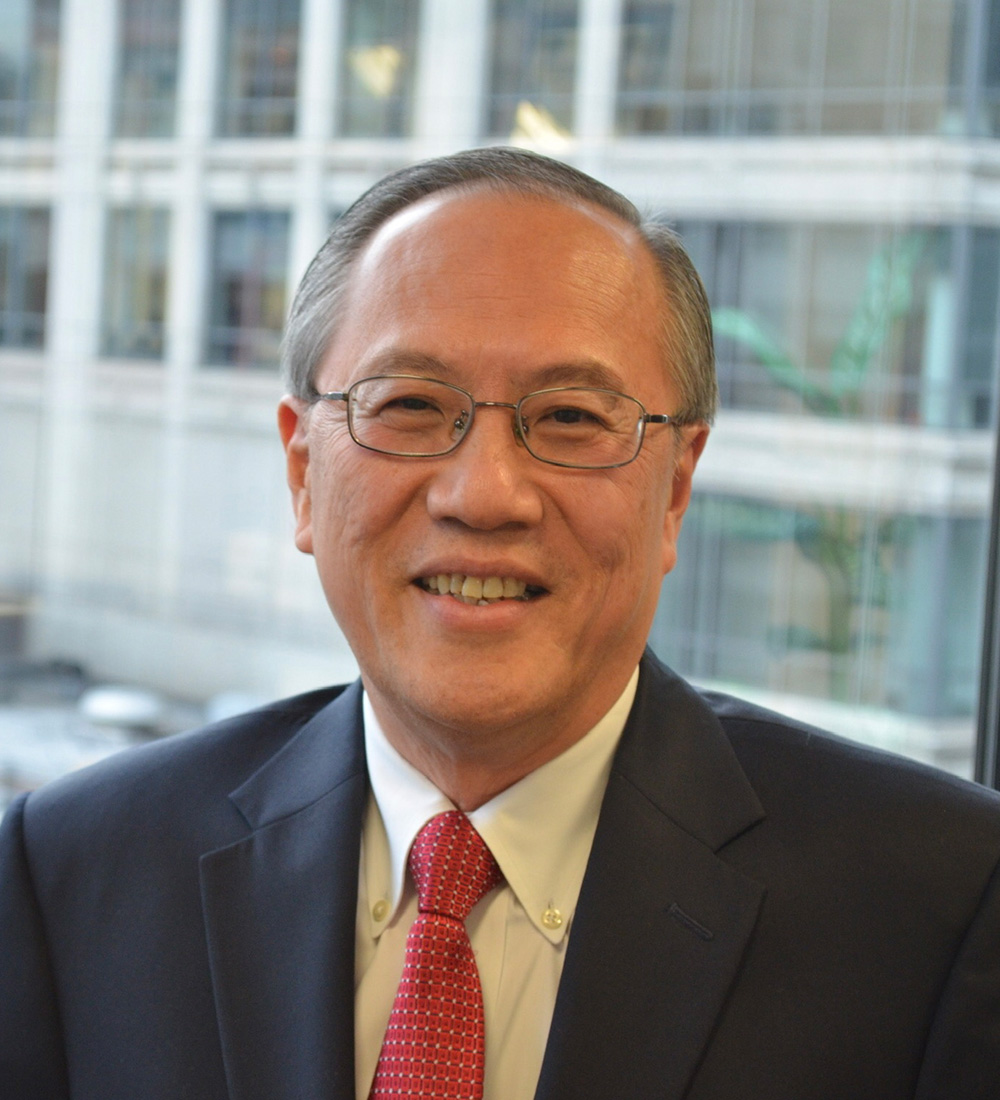

In the midst of the ongoing digital revolution, Africa stands at a pivotal juncture, having missed out on past industrial revolutions and should not miss this one. Historically, technological advances have been instrumental in driving productivity, elevating living standards, and creating employment opportunities. As the world enters the era of digital transformation, it is crucial for Africa to actively participate in and capitalize on the opportunities presented by technological innovation. This entails leveraging technology for enhanced productivity across sectors while proactively addressing challenges, especially the potential impact on the workforce and the risk of worsening inequality.
- What lessons can be drawn from global experiences in integrating technology for economic development, particularly in regions that faced challenges in catching up with industrial revolutions?
- What policy priorities should African countries adopt to effectively harness technology and innovation for a more prosperous and inclusive future?
- How can technology adoption be structured to ensure inclusivity, with a focus on equitable benefits distribution among the population?
- How can education and skill development programs be tailored to prepare the youth for the evolving job market shaped by technological advancements in the digital economy?
Moderator
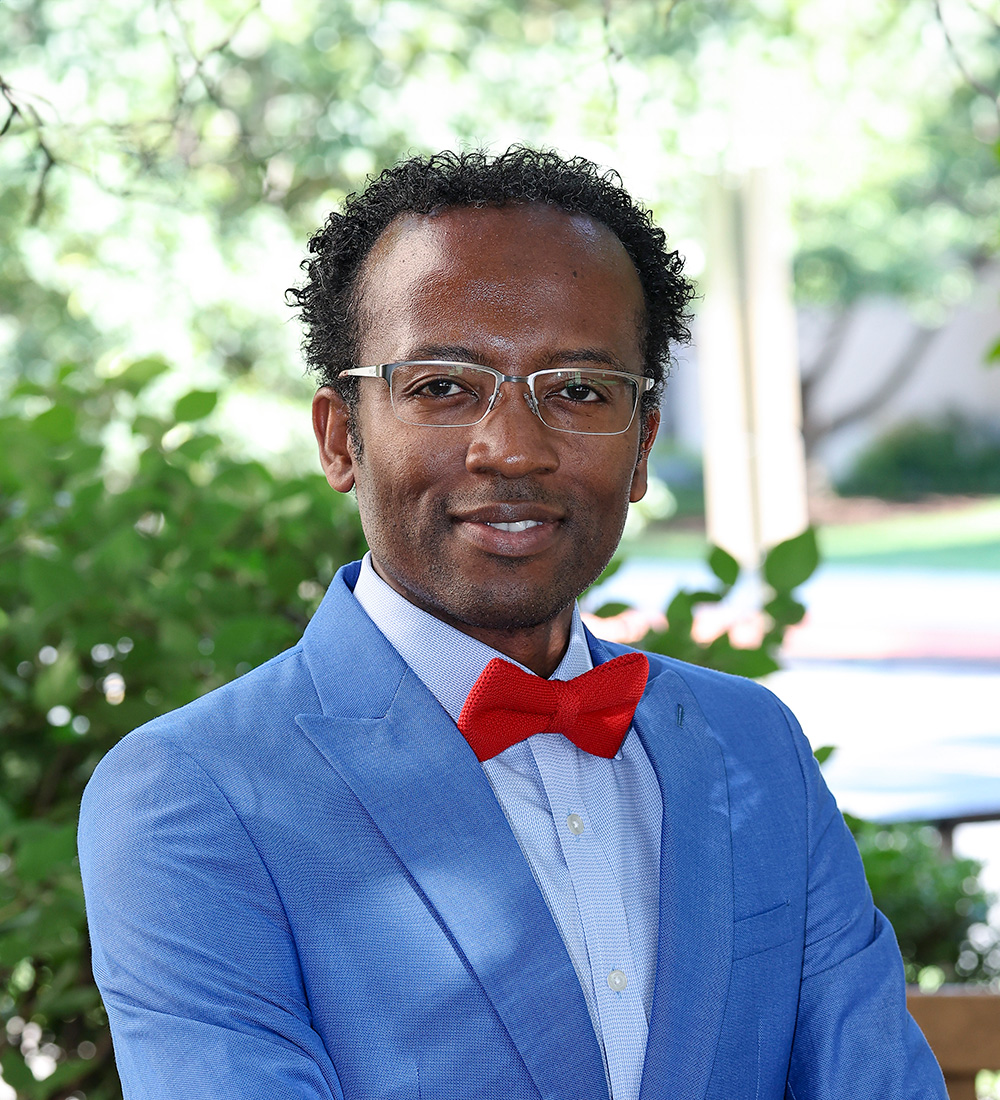
Speakers
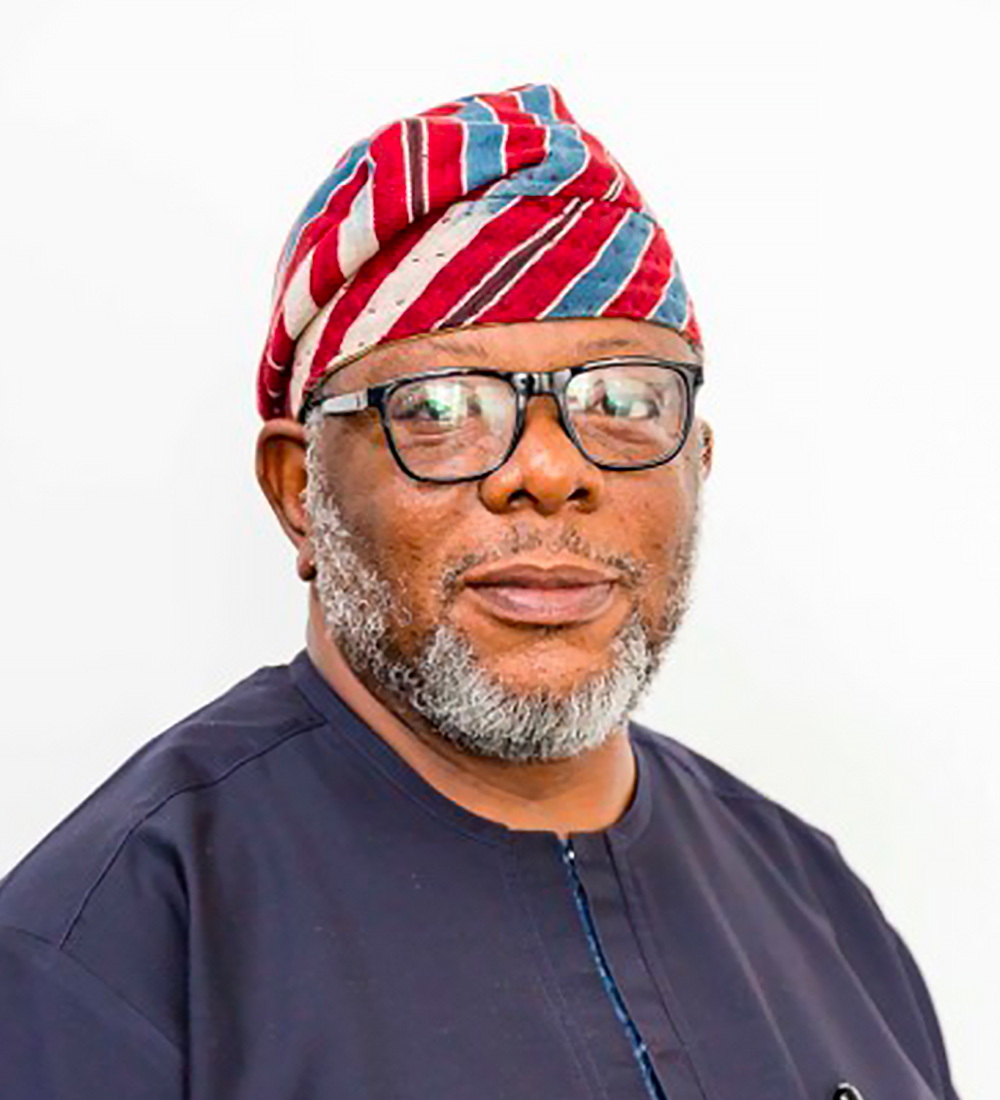

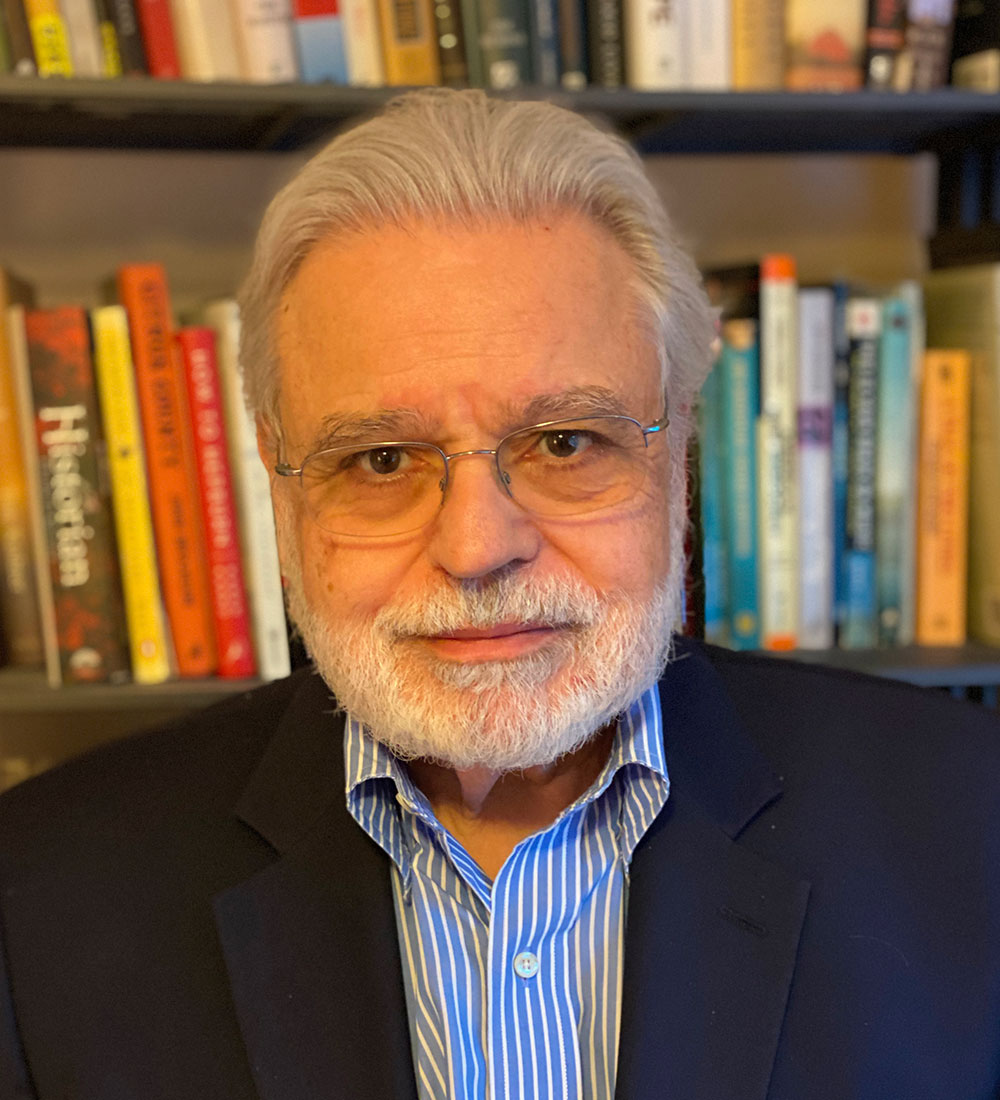
Beyond its well-known contributions to home countries economic development, there is a need for a comprehensive exploration into the profound impact and transformative influence of the African diaspora on the continent’s global development. This requires an investigation on the historical trajectory and dynamic contributions of this diaspora, emphasizing its pivotal role in shaping economies, cultures, and societal landscapes across Africa. Participating in diverse sectors such as business, arts, politics, and technology, the African diaspora contributes in diverse ways to fostering Africa’s presence in different fields. The diasporic communities have always showcased their ability to spark progressive change and foster socio-economic advancements, while demonstrating resilience and commitment in times of crisis, innovation, and entrepreneurial spirit. Moreover, there is a need to spotlight the diaspora’s presence and future potential as a catalyst for inclusive growth and sustainable development, by facilitating discussions, knowledge exchange, and strategic dialogues, between migrants, key stakeholders, and policy makers in the home countries. The aim is to foster collaborations that leverage the diaspora's expertise, networks, and cultural richness, driving holistic development agendas.
- How can the historical experiences and cultural contributions of the African diaspora be harnessed to drive economic and social development initiatives globally?
- What specific examples exist showcasing the transformative power of the African diaspora in sectors such as entrepreneurship, technology, arts, and politics, and how can these examples be replicated or scaled for broader impact?
- In what ways can partnerships and collaborations be fostered between the African diaspora and key stakeholders to address pressing global challenges, such as inequality, climate change, and economic disparities?
- What actionable strategies and frameworks can be formulated to empower and mobilize the diverse talents, expertise, and networks within the African diaspora for sustainable development efforts across continents?
Moderator
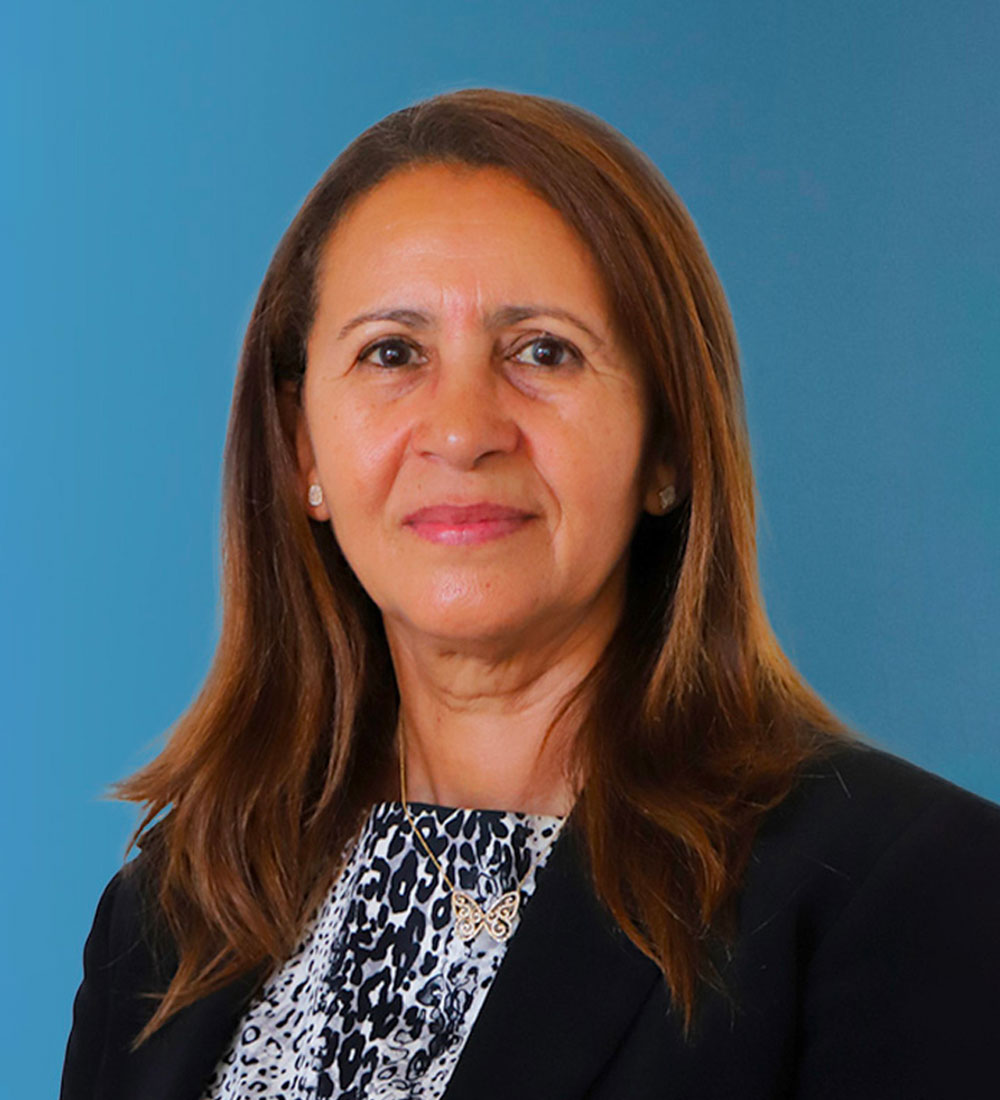
Speakers
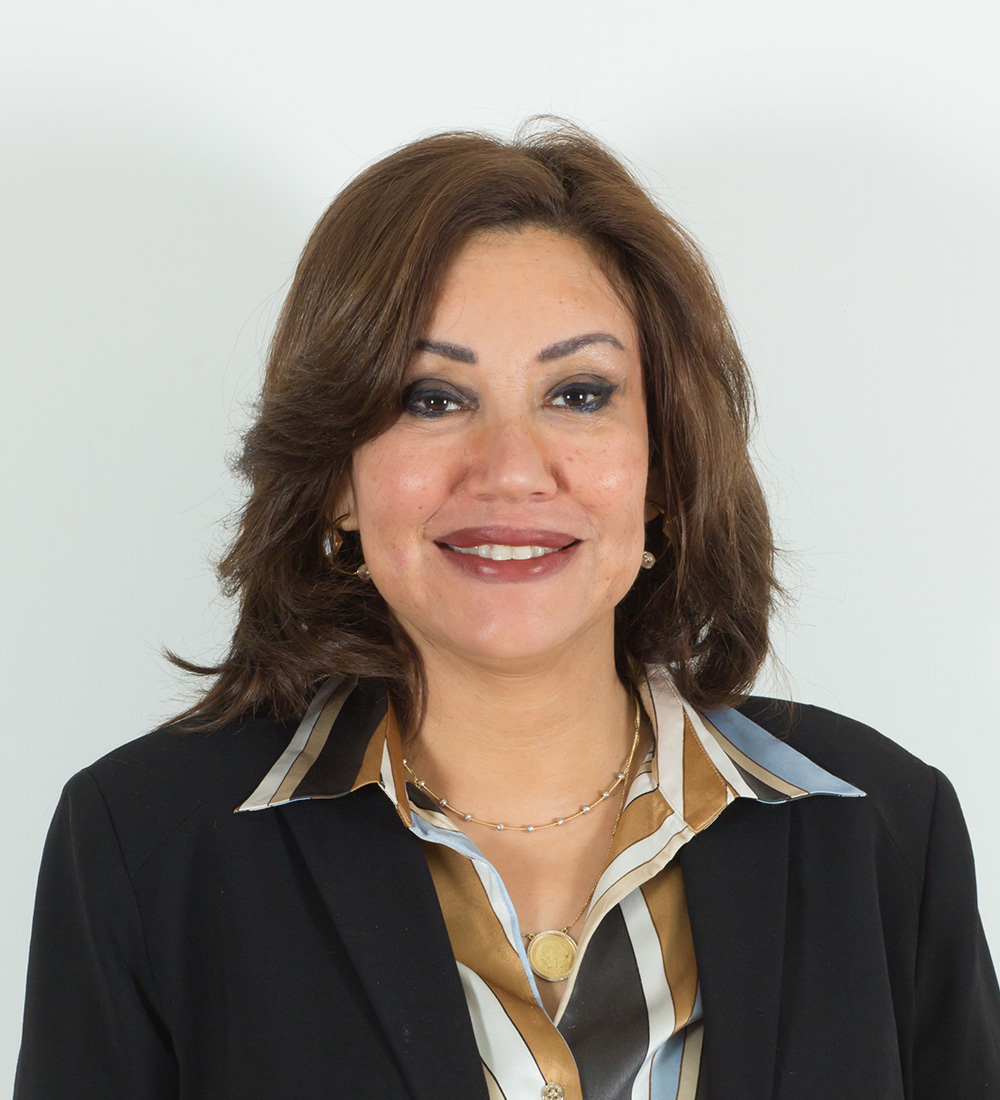
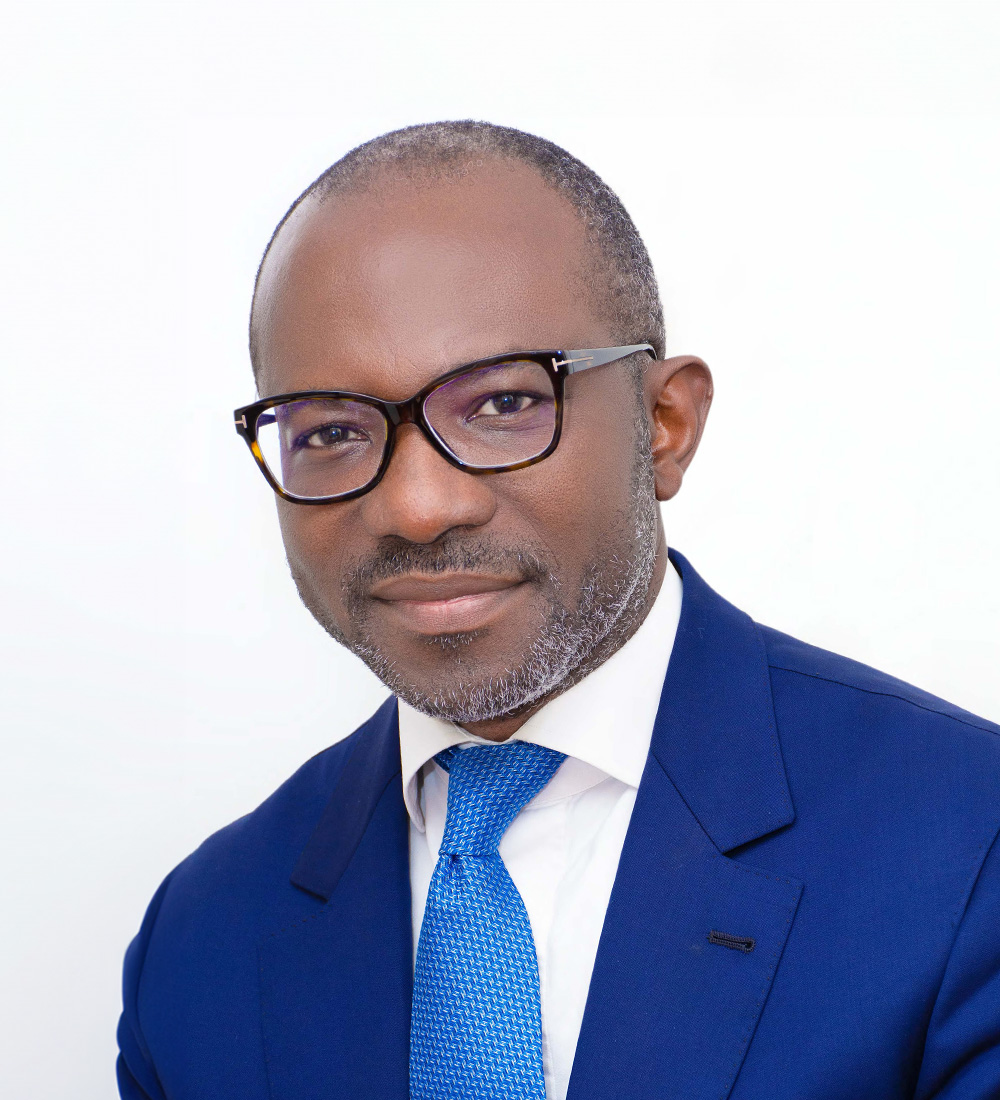


Le paysage géopolitique contemporain est témoin d’un changement de paradigme marqué par l’émergence de nouveaux conflits hybrides, point central des discussions de cette session. À la croisée de la technologie et de la guerre de l’information, ces conflits redéfinissent les notions traditionnelles de champs de bataille et d’adversaires. L’intégration de technologies avancées, depuis les cyberoutils jusqu’à l’intelligence artificielle, a brouillé les frontières entre guerre conventionnelle et non conventionnelle, posant des défis complexes à la stabilité mondiale. Cette session promet une exploration de l’interaction entre la technologie et l’information dans la formation de la dynamique des conflits et de démêler les complexités de ces engagements hybrides.
- Comment les technologies émergentes, remodèlent-elles le paysage traditionnel de la guerre dans le contexte des conflits hybrides ?
- De quelle manière les acteurs étatiques et non étatiques exploitent-ils la technologie pour gagner avantages stratégiques, et comment cette intégration de la technologie brouille-t-elle les frontières entre les formes de guerre conventionnelles et non conventionnelles ?
- Quel rôle joue la manipulation de l'information dans les nouveaux conflits hybrides ?
- Quelles sont les conséquences potentielles de l'imbrication de la guerre technologique et de l'information sur la stabilité mondiale et les relations diplomatiques ?
- Comment des normes et réglementations internationales peuvent- elles être élaborées pour répondre aux défis éthiques découlent de l'utilisation de technologies dans des scénarios de conflit ?
Moderator

Speakers
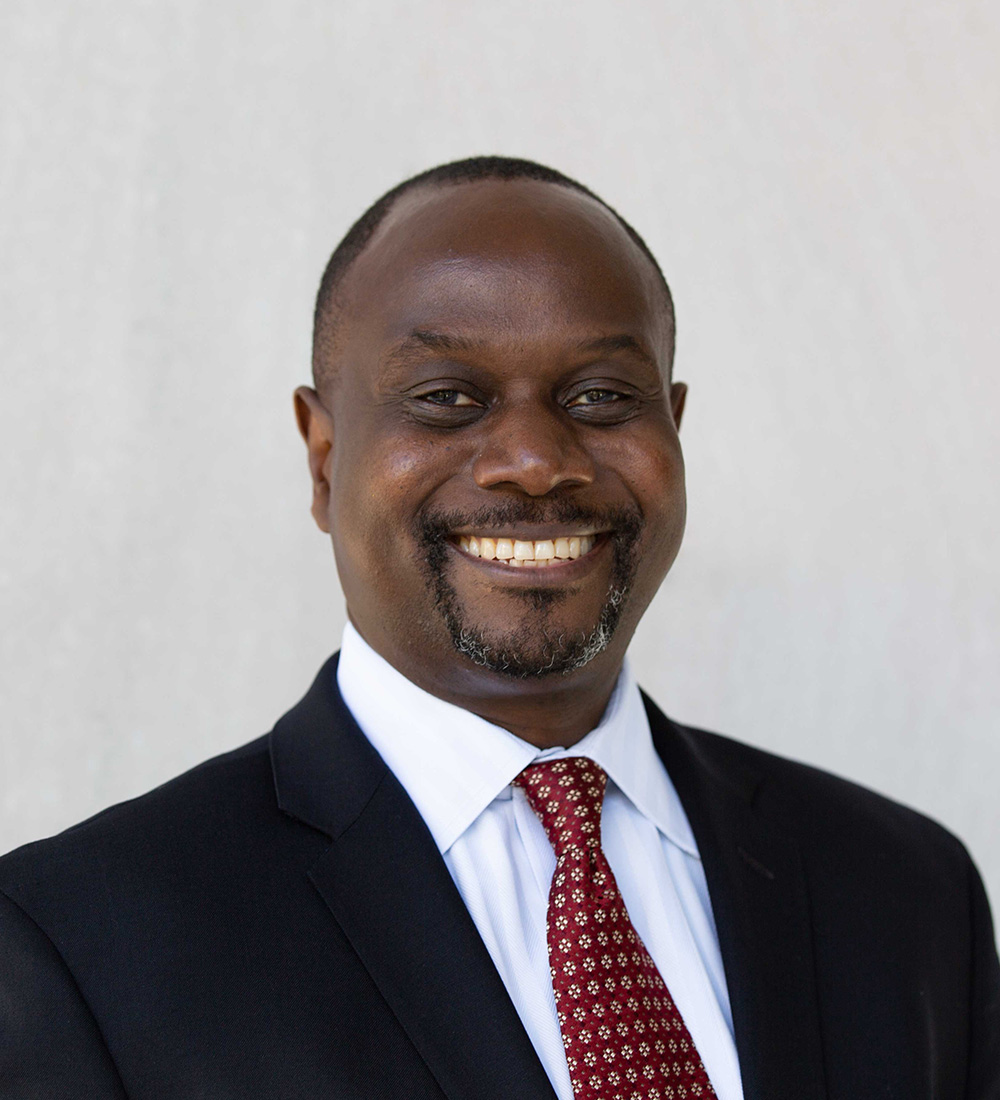
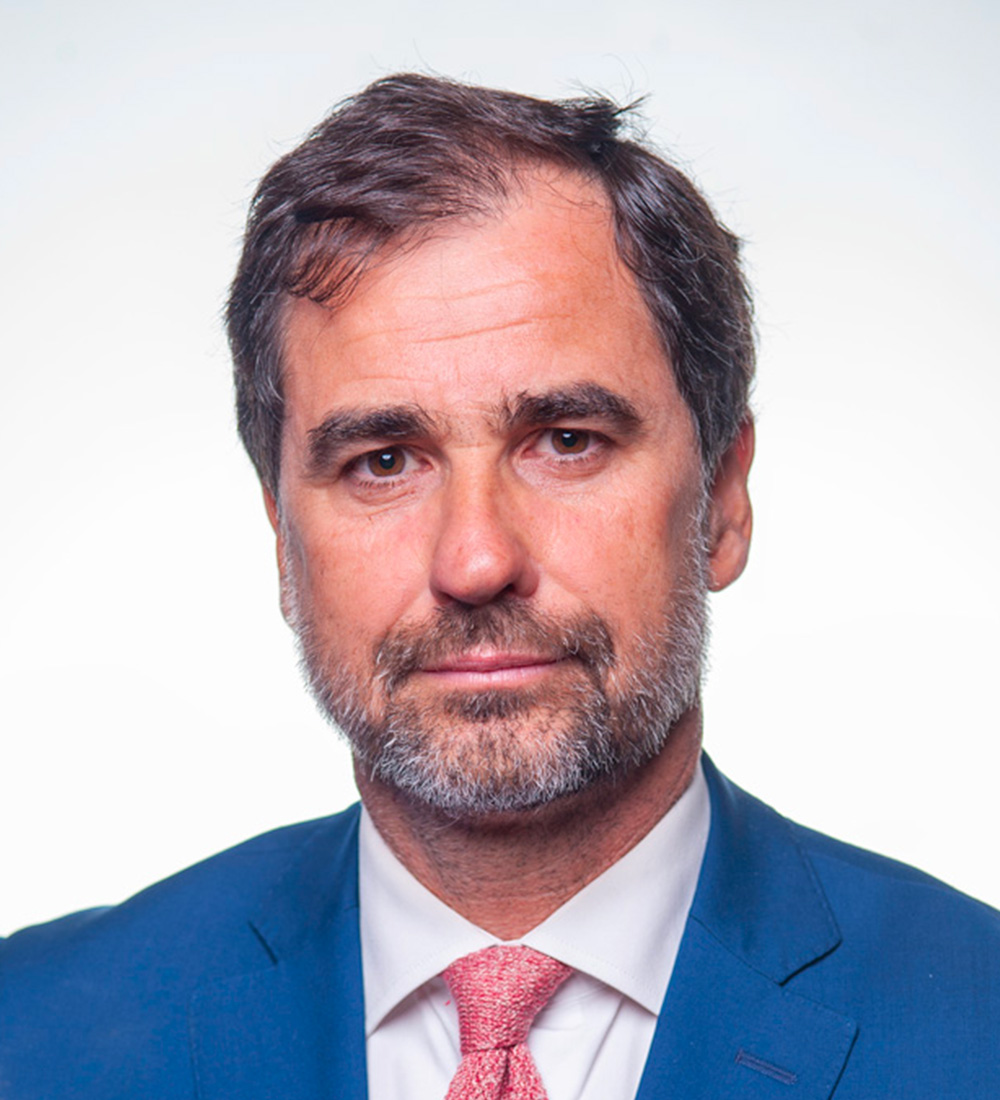
Ensuring access to vital natural resources is paramount for fostering economic development, facilitating the transition toward sustainability, and averting potential crises. However, recent geopolitical changes have led to the fragmentation of key markets for critical natural resources, such as minerals essential for the green transition and highly traded agricultural products. As a result, there is growing concern that additional fragmentation may induce further disruptions and price fluctuations in commodity markets. Recognizing the role of specific items, such as food and energy, in household consumption, and understanding the critical importance of minerals for essential technologies and manufacturing, is thus vital, particularly for countries of the wide Atlantic, to navigate this changing landscape. Addressing these challenges requires well-planned strategies to ensure the stability and resilience of critical natural resources markets in an increasingly fragmented world.
As geopolitical shifts and resource allocation persist, this session explores the multifaceted technical hurdles associated with safeguarding crucial natural resources:
- How does the ever-changing political climate affect the fair allocation and distribution of natural resources, and how can technological advancements minimize related risks?
- With international cooperation being in a state of fragmentation, which technical frameworks could enable equitable management of natural resources for sustainable development and reduce the likelihood of conflict?
- In the pursuit of resource security, how can we attain a balance between fulfilling global demand, preserving ecosystems, and adhering to sustainable practices while utilizing technical solutions for efficient resource management?
Moderator
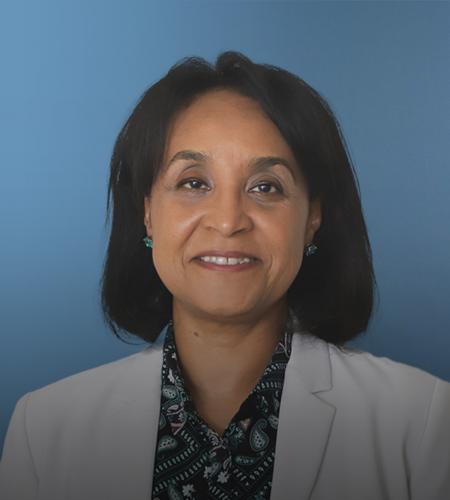
Speakers

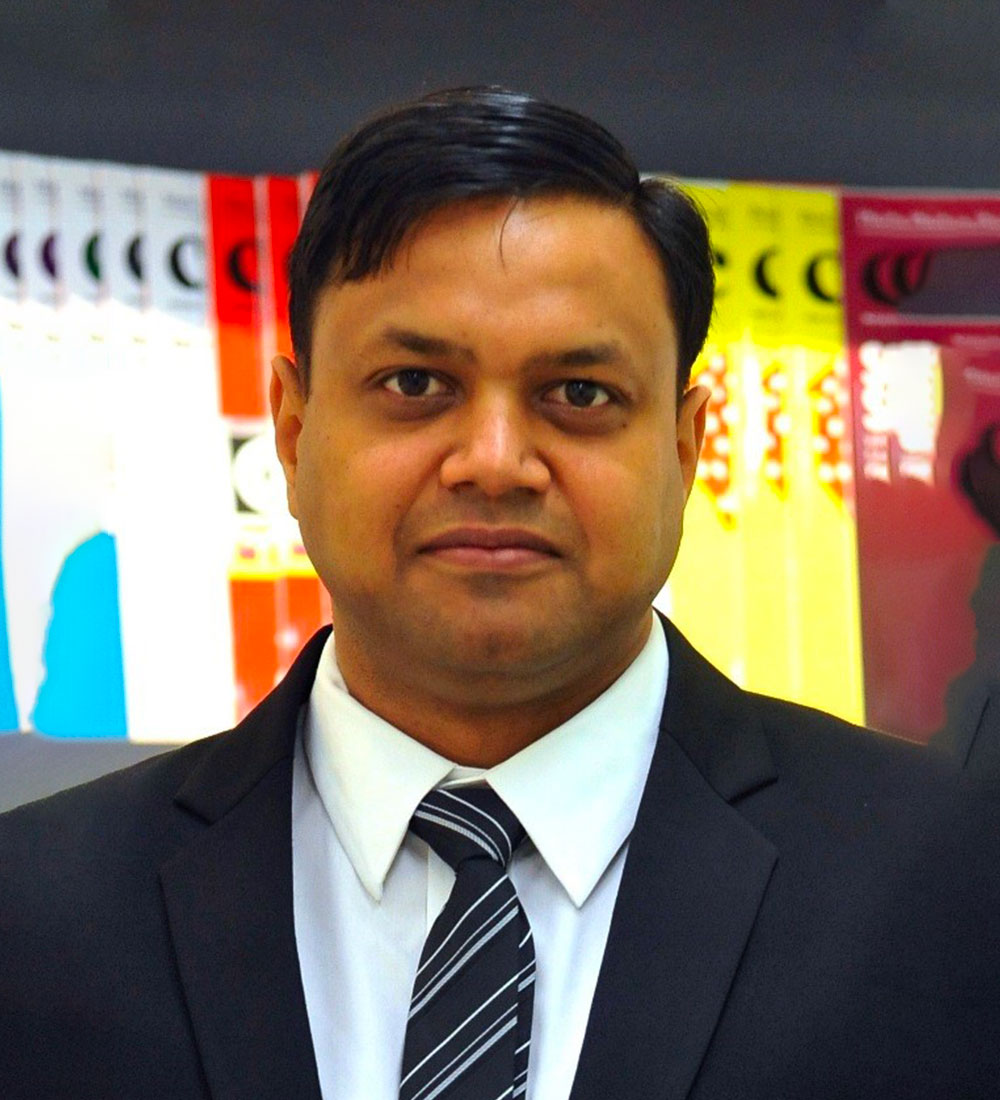
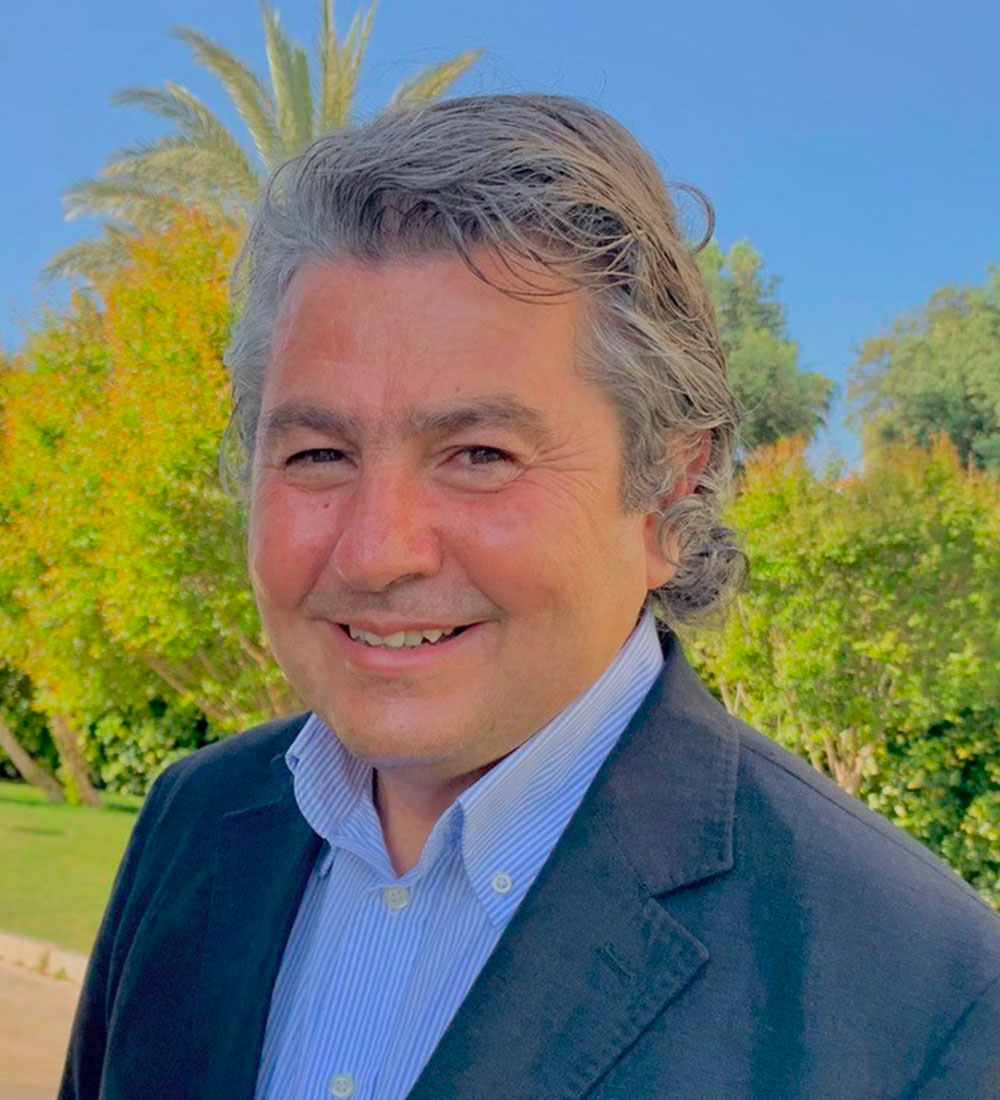
Senior Fellow, Bruegel
Italy
يعد التعاون الاقتصادي والأمني في منطقة الشرق الأوسط وشمال أفريقيا ضرورة حاسمة لتعزيز الاستقرار والتنمية المستدامة. يعالج هذا التعاون التحديات المشتركة مثل الفوارق الاقتصادية والتوترات الجيوسياسية.
من الناحية الاقتصادية، تتمتع المنطقة بإمكانات وموارد طبيعية هائلة وموقع استراتيجي مهم، تجعلها لاعباً رئيسياً في السوق العالمية، إلا أنها تواجه العديد من التحديات الأمنية والسياسية التي تعيق تقدمها وتنميتها المستدامة. ومنه تعمل المبادرات المشتركة للتجارة والاستثمار والتبادل التكنولوجي على تعزيز الترابط الاقتصادي، خلق فرص العمل، وكدى تعزيز الاستقرار الاقتصادي. وعلى الجبهة الأمنية، تلعب الجهود المشتركة دورا محوريا في التصدي للتهديدات المشتركة، بما في ذلك الإرهاب والصراعات الإقليمية. كما أن التدابير الأمنية ضد المخاوف المشتركة، مثل تبادل المعلومات الاستخبارية والاستجابات العسكرية المنسقة، يمكن أن يساعد على تعزيز قدرة المنطقة على الاستجابة للتحديات الناشئة وتعزيز الاستقرار الإقليمي، وبناء الثقة بين الدول. هذا النهج التعاوني لا يؤدي إلى تعزيز الاستقرار الإقليمي فحسب، بل يساهم أيضًا في الأمن العالمي. ولكن تحقيق هذه الفوائد يتطلب معالجة التحديات التي تعيق التعاون الاقتصادي والأمني، مثل الخلافات السياسية والإقليمية، وضعف المؤسسات، والصراعات المسلحة.
ما هي أبرز التحديات التي تواجه التعاون الاقتصادي والأمني في منطقة الشرق الأوسط وشمال أفريقيا؟
ما هي الآليات والمبادرات القائمة لتعزيز هذا التعاون؟
ما هو دور القوى الدولية والمؤسسات الإقليمية في دعم هذا التعاون في المنطقة؟
ما هو الدور الذي تلعبه المشاركة الدبلوماسية في تسهيل هذا التعاون؟
كيف يمكن للمجتمع المدني والمبادرات الشعبية المساهمة في تعزيز التعاون الاقتصادي والأمني في المنطقة؟
Moderator
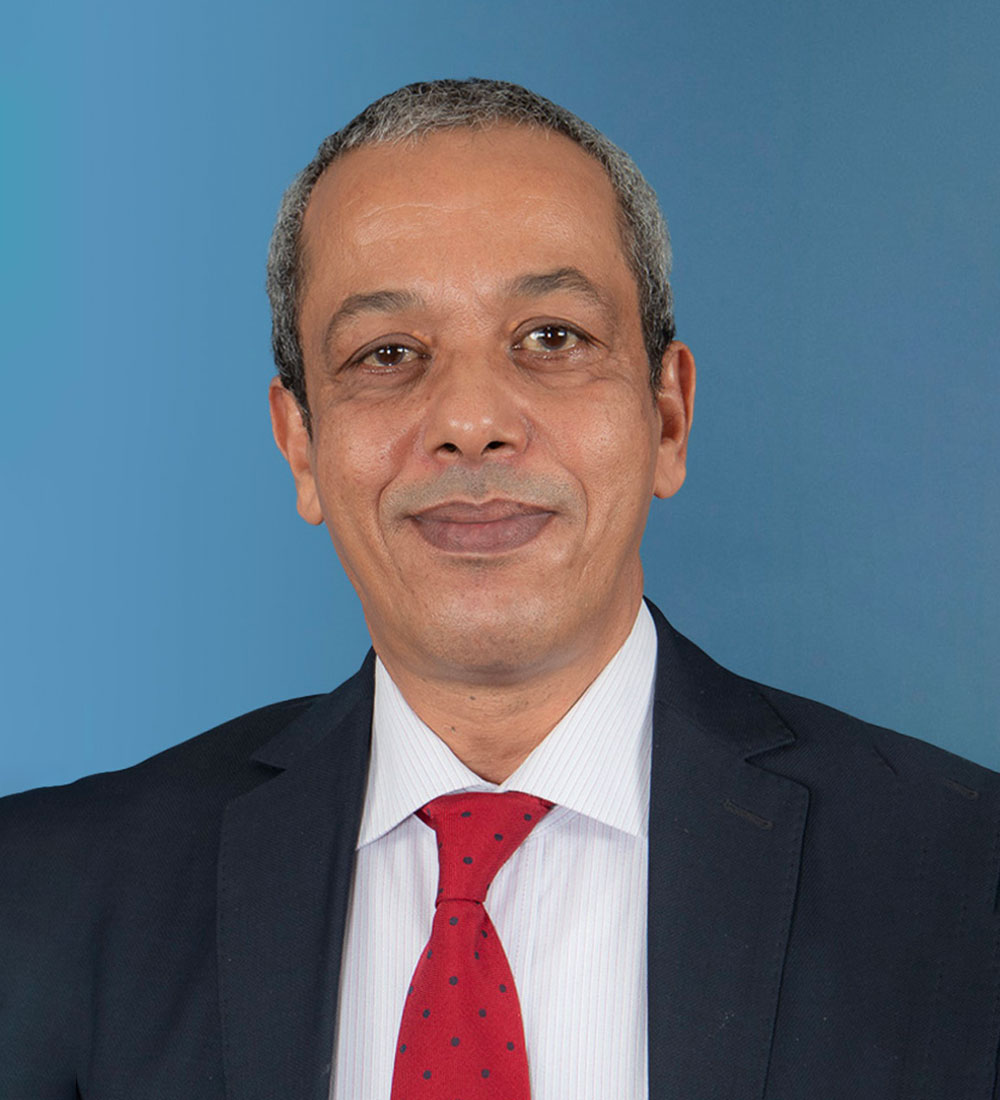
Speakers
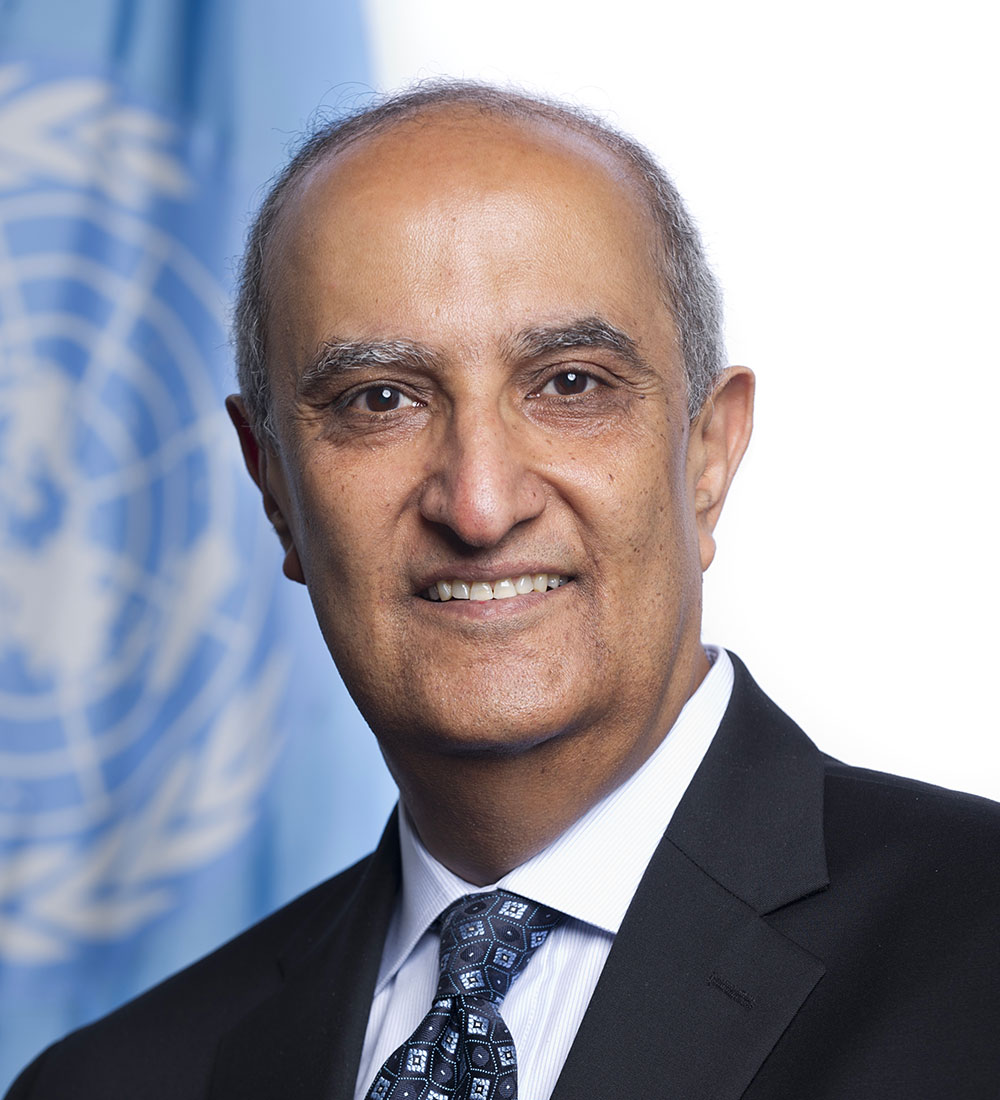

The panel "Brazil’s Diplomatic and Economic Comeback to Africa" explores Brazil's recent diplomatic and economic realignment towards Africa under President Lula da Silva's new mandate. The speech delivered at the BRICS summit in August 2023 emphasizes Brazil's commitment to reestablish its "cooperation agenda" in Africa and strengthen economic and political ties with developing countries. This initiative marks a return to the policies pursued during the president's first two terms, from 2003 to 2010, when Brazil became Africa's seventh-largest trading partner, earning the country the designation of an "African power" by many observers.
This positioning, rooted in both Brazilian lusotropicalism and a South-South cooperation agenda, promotes investments in sectors such as agro-industry and energy, along with closer political cooperation prioritizing the interests of Southern countries. Brazil's engagement with Africa is not solely official; the country has always had a strong cultural presence in Africa, notably through the expansion of neo-Pentecostal churches on the continent, underscoring an increasing influence of Brazilian culture beyond traditional economic and political cooperation domains.
- What are the economic drivers behind Brazil's resurgence in Africa, particularly in the agro-industry and energy sectors?
- How is Brazil's African policy influenced by historical factors such as lusotropicalism, cultural, and religious exchanges?
- To what extent, as the presiding nation of the New Development Bank, could Brazil contribute to the african development?
- How does Brazil's repositioning in Africa fit into broader geopolitical and economic dynamics, especially within the context of the BRICS?
Moderator
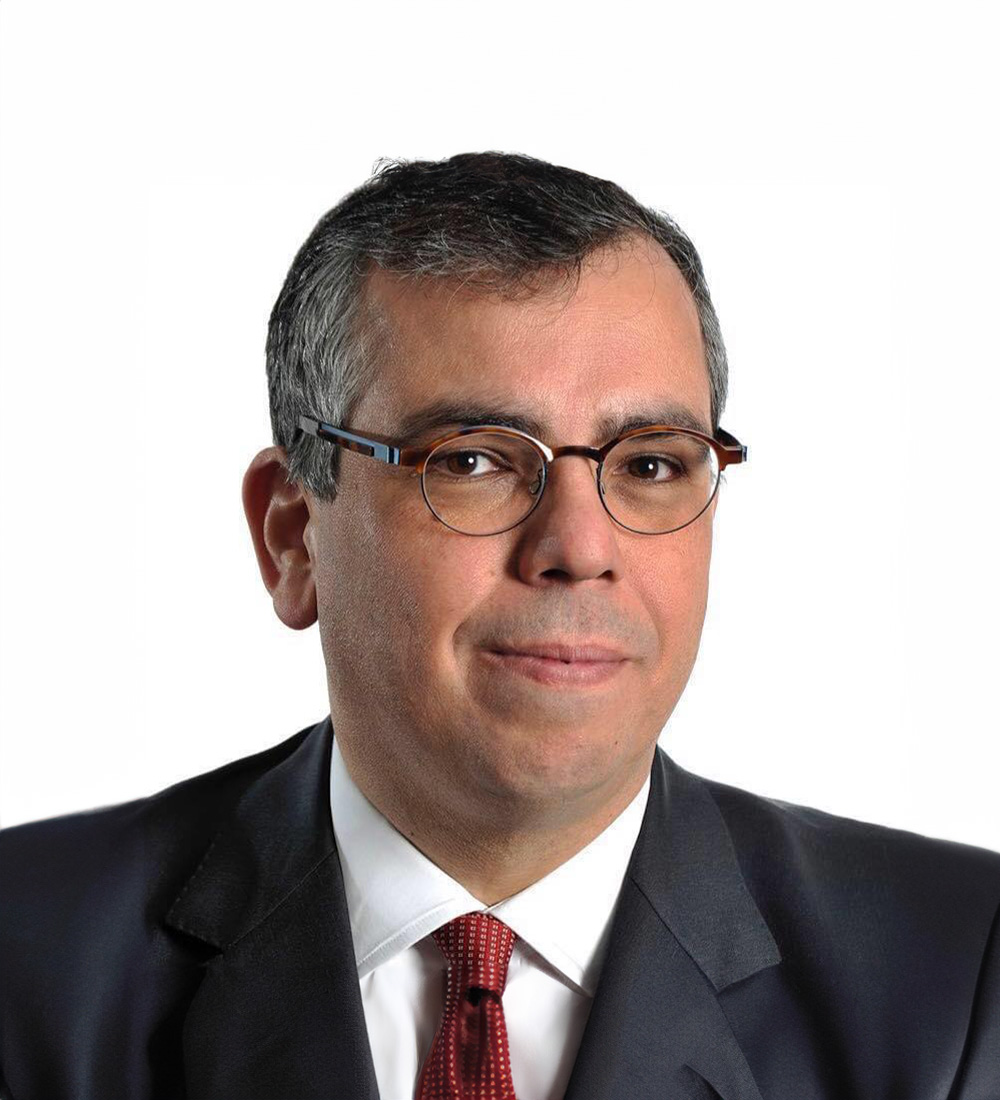
Speakers
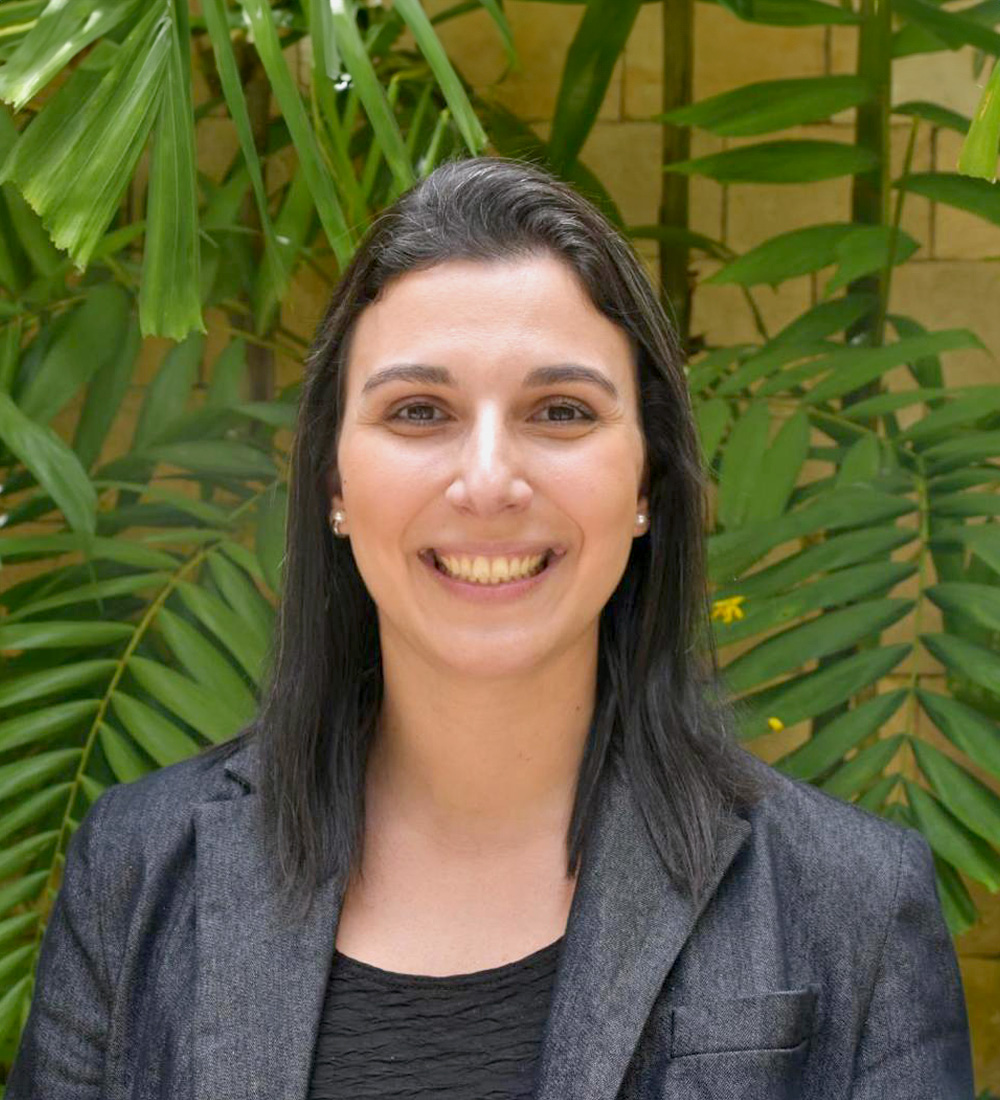
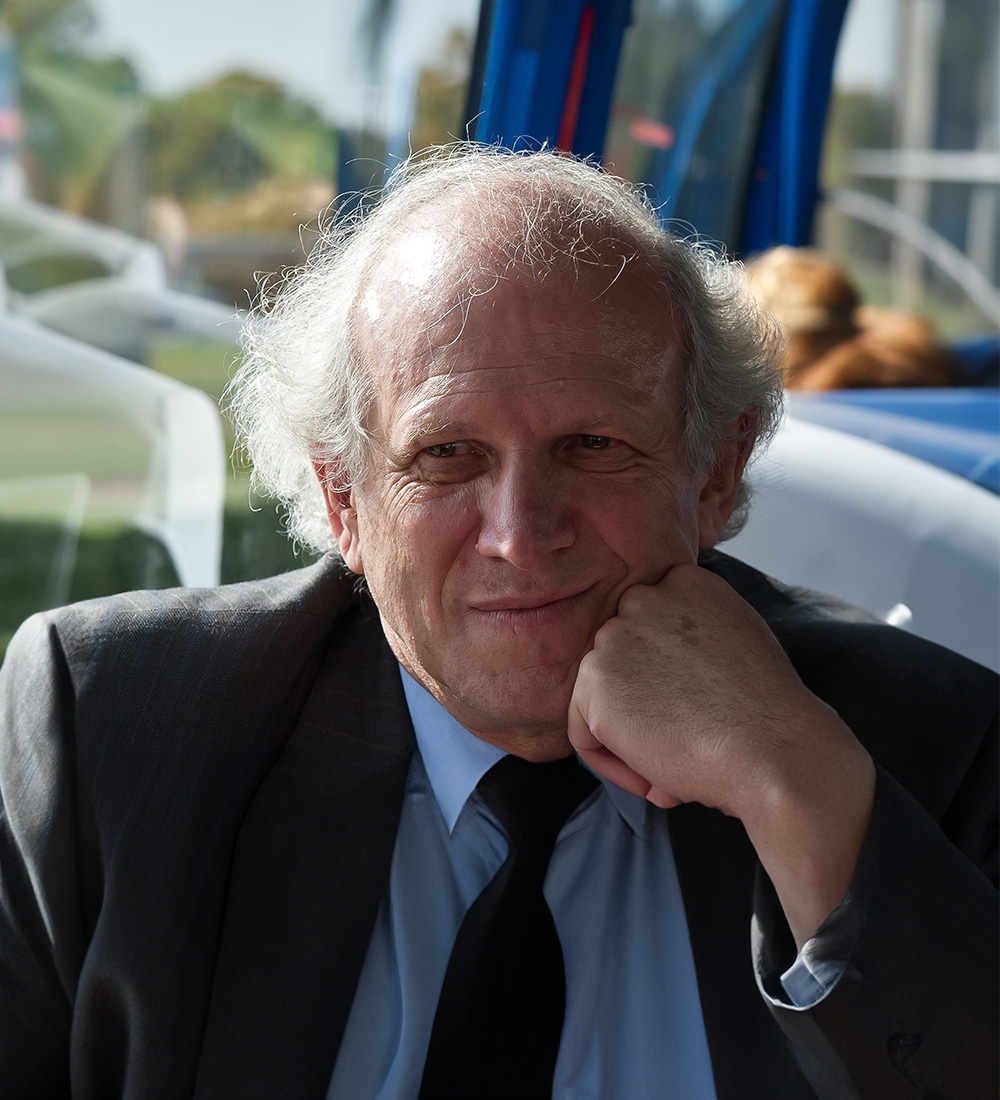
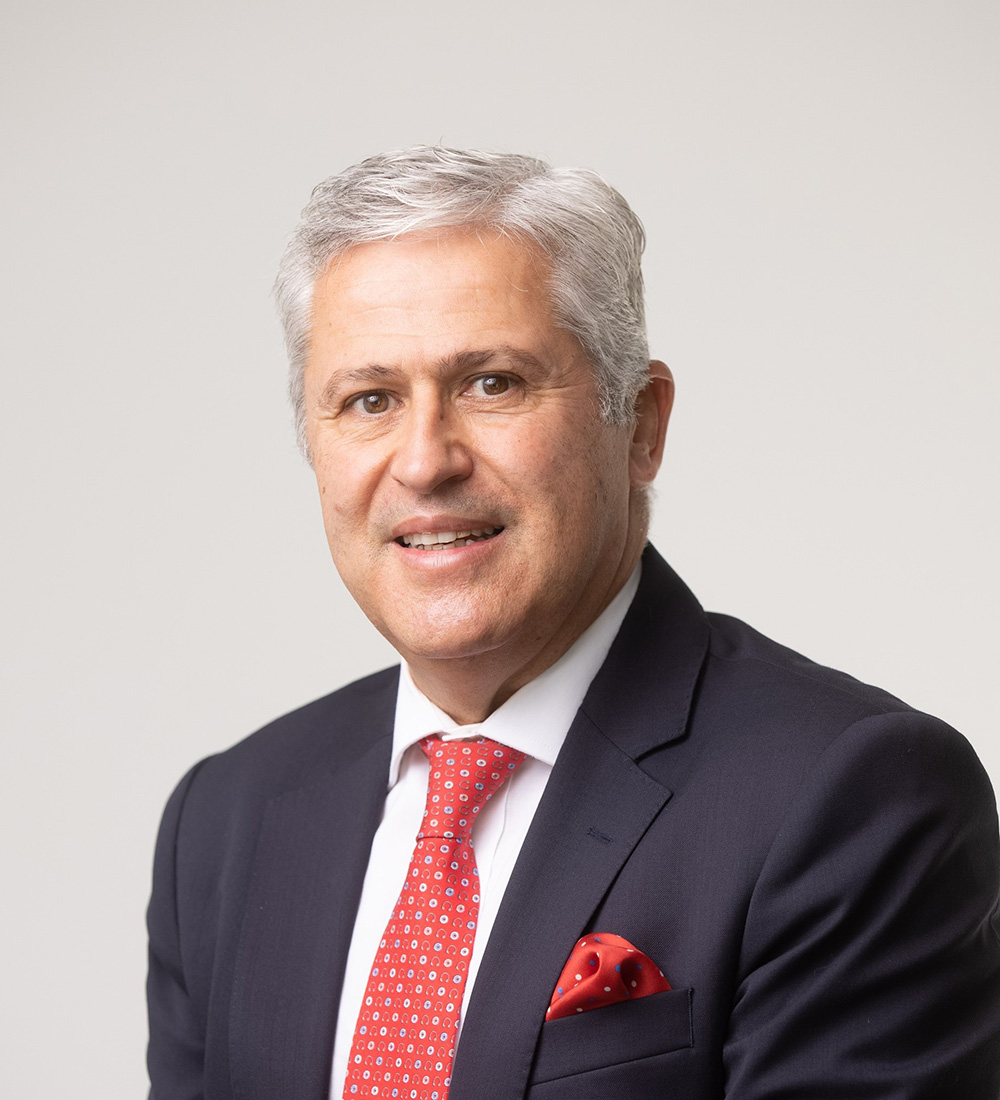
The rise of the Atlantic into global visibility is linked to a pivotal power shift away from the traditional Washington-Brussels axis to alternative world players, such as the BRICS. Departing from the conventional North-South paradigm, while recognizing the historical ties as defining characteristics of the Atlantic, this panel will explore the consequences of geopolitical dynamics in the Indo-Pacific on the Wider Atlantic geopolitical, economic, and cultural ties. The reconfiguration of power relations, as well as the shifting pattern in influence and alliances give way to new opportunities in the region despite the multiple gaps between the countries. Through diplomatic, strategic, and academic perspectives, the discussion will unravel shared opportunities among nations in the region facing similar challenges on matters like environmental sustainability, energy dependence, industrialization and trade, human security… This holistic exploration aims to pave the way for a more interconnected, inclusive, and prosperous Atlantic, recognizing the multifaceted dimensions that contribute to the overall advancement of the participating nations.
- How do the evolving power dynamics impact the geopolitical balance within the wider Atlantic, and what are the implications for connections among these nations?
- As the Atlantic witnesses the rise of new hegemons, what roles do different nations play in this changing landscape, and how can collaborative frameworks be established to navigate the complexities of this evolving power structure?
- How can the wider Atlantic nations leverage their historical ties to build a more inclusive and cooperative framework that addresses both regional and national aspirations?
Moderator
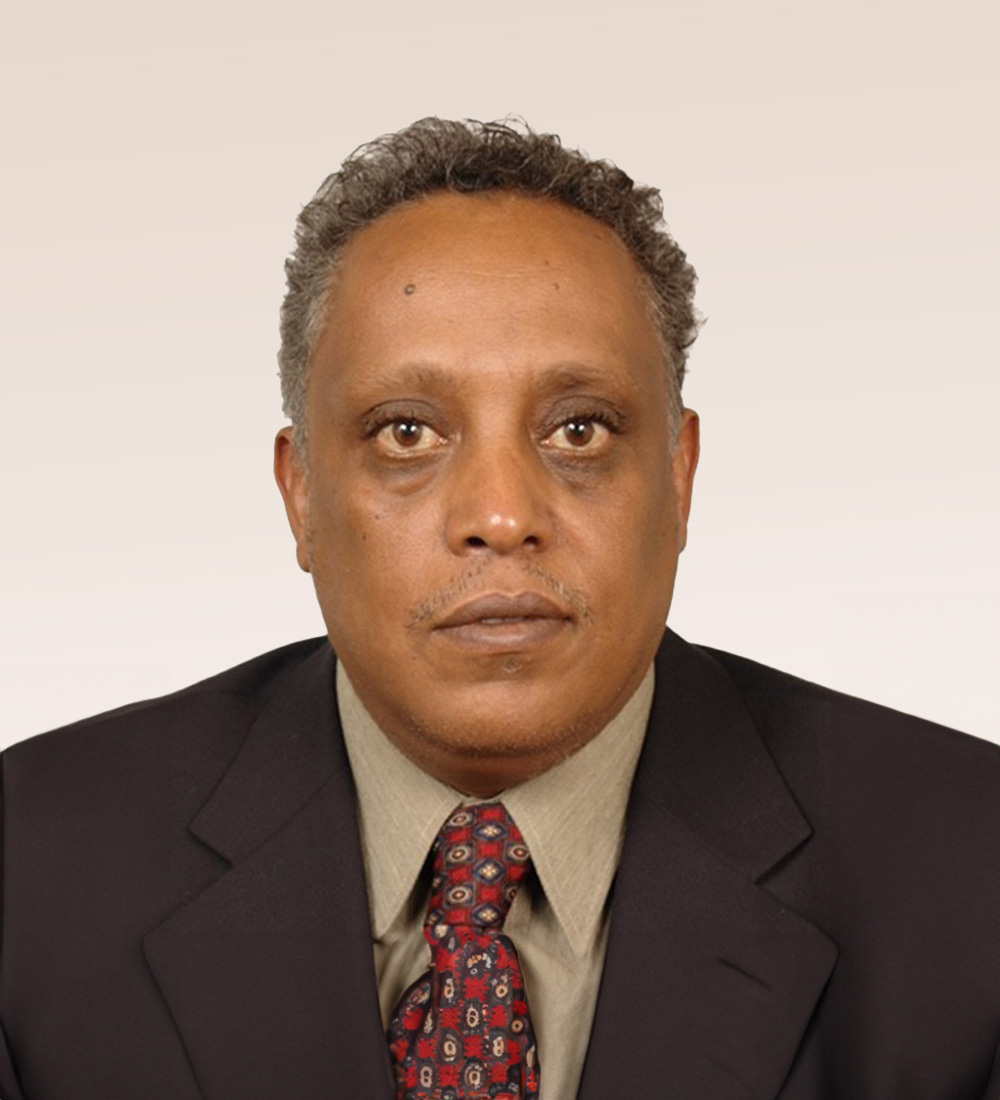
Speakers

Chairman, Observer Research Foundation
India

After decades of globalization and integration, the world seems to be fragmenting again, epitomized best, perhaps, by the return of geopolitical crisis, protectionism, unilateral sanctions, treaty withdrawals, and even military and economic coercion. Designed to foster cooperation among states, the multilateral system put in place after the Second World War grew quickly to encompass economic development, international security, global health, human rights, and environmental issues. It found expression in multiple forums, including the United Nations, International Monetary Fund, and World Trade Organization, as well as more informal venues, such the G7 or G20. More recently, the multilateral system seems shaken both in its normative foundations and its operational capacity, while the major threats to international peace and security are radically different today from those anticipated by the framers of the UN Charter. At a time when multilateral institutions seem unable to curb the new threats to international peace and security, the future of global governance remains highly ambiguous.
- What are the main causes of the multilateralism crisis?
- How multilateralism crisis threatens the global governance?
- Does global governance need the elaboration of a new approach to international cooperation?
- As the world needs a new approach of multilateralism, what can the Global South do?
- Does the UN Charter need revision?
Moderator
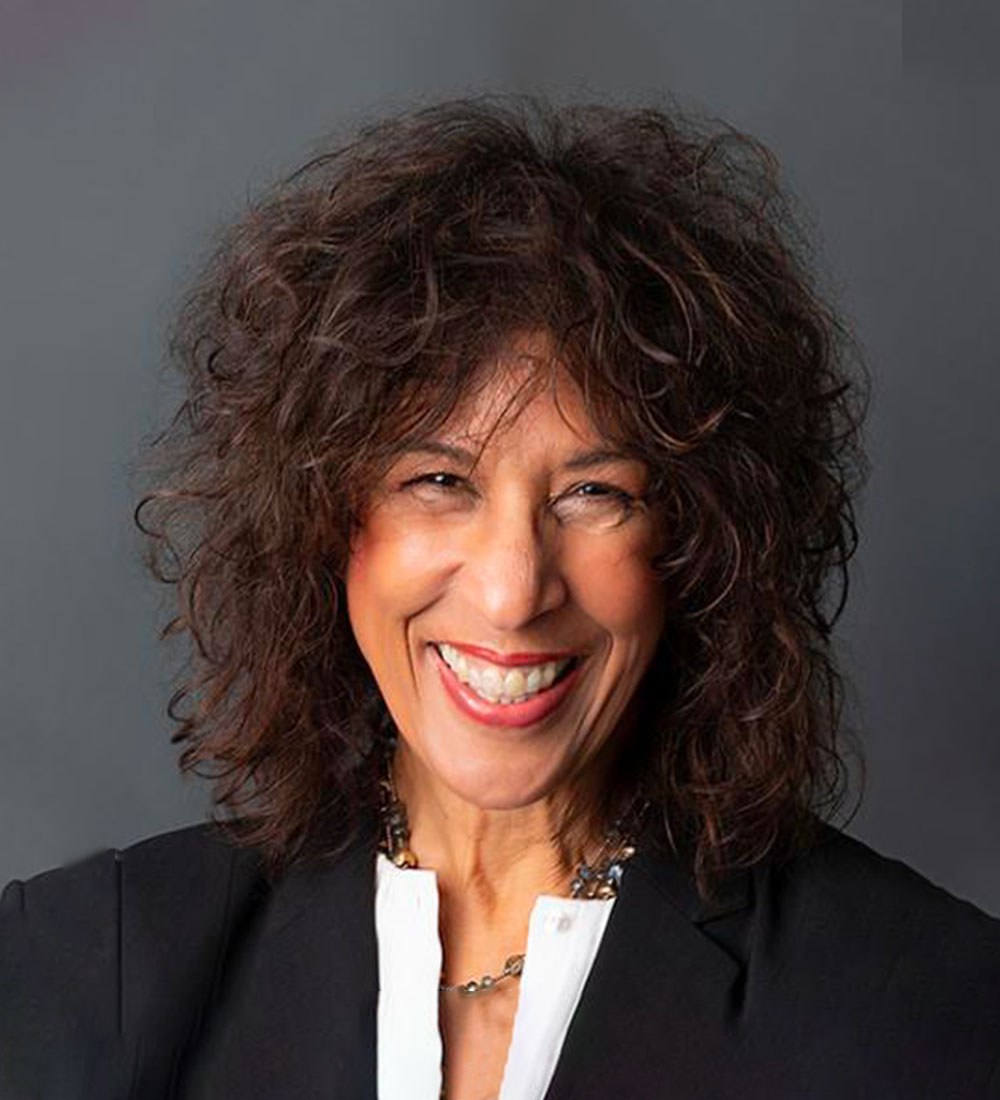
Speakers
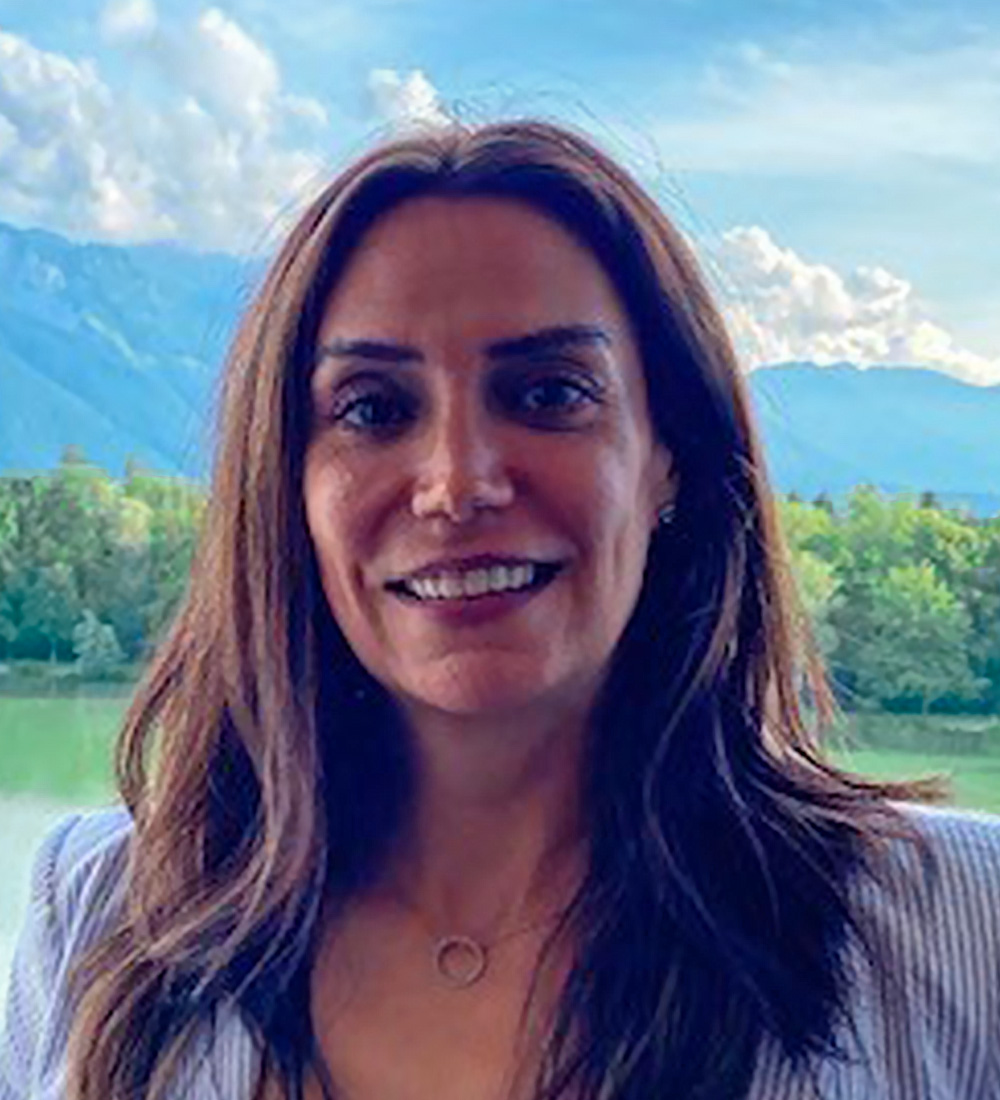
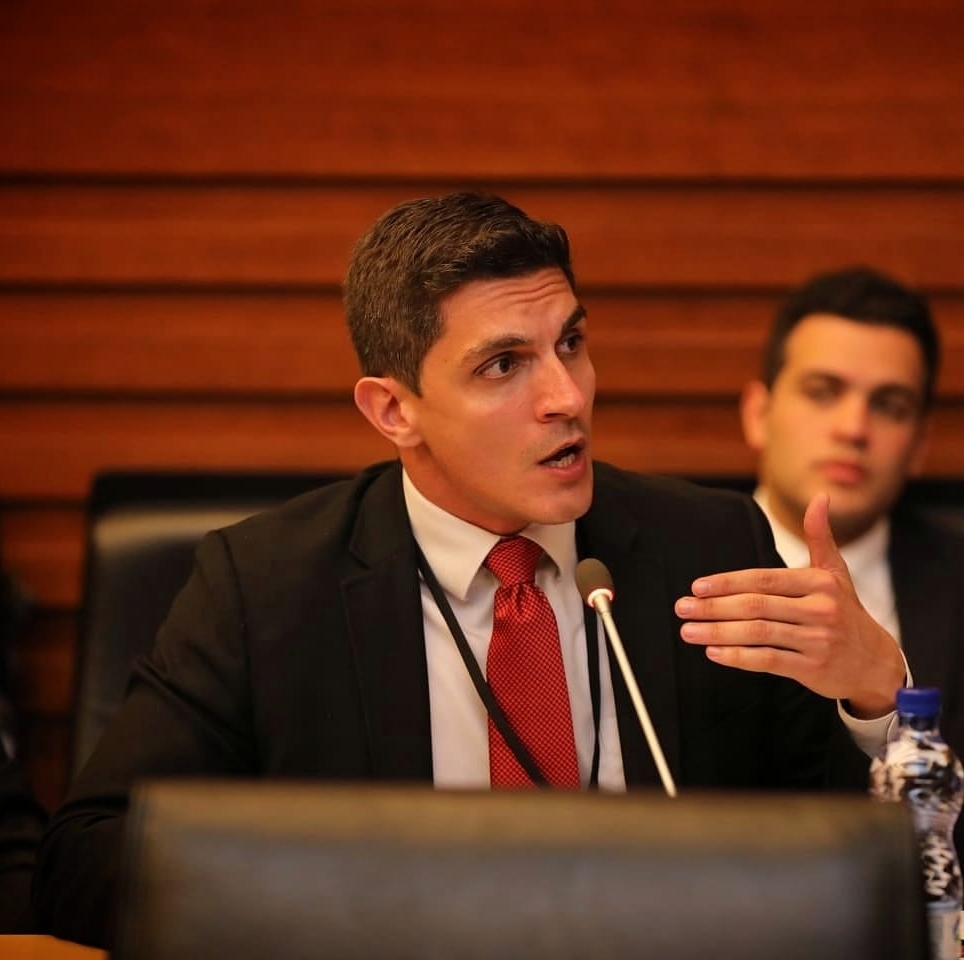
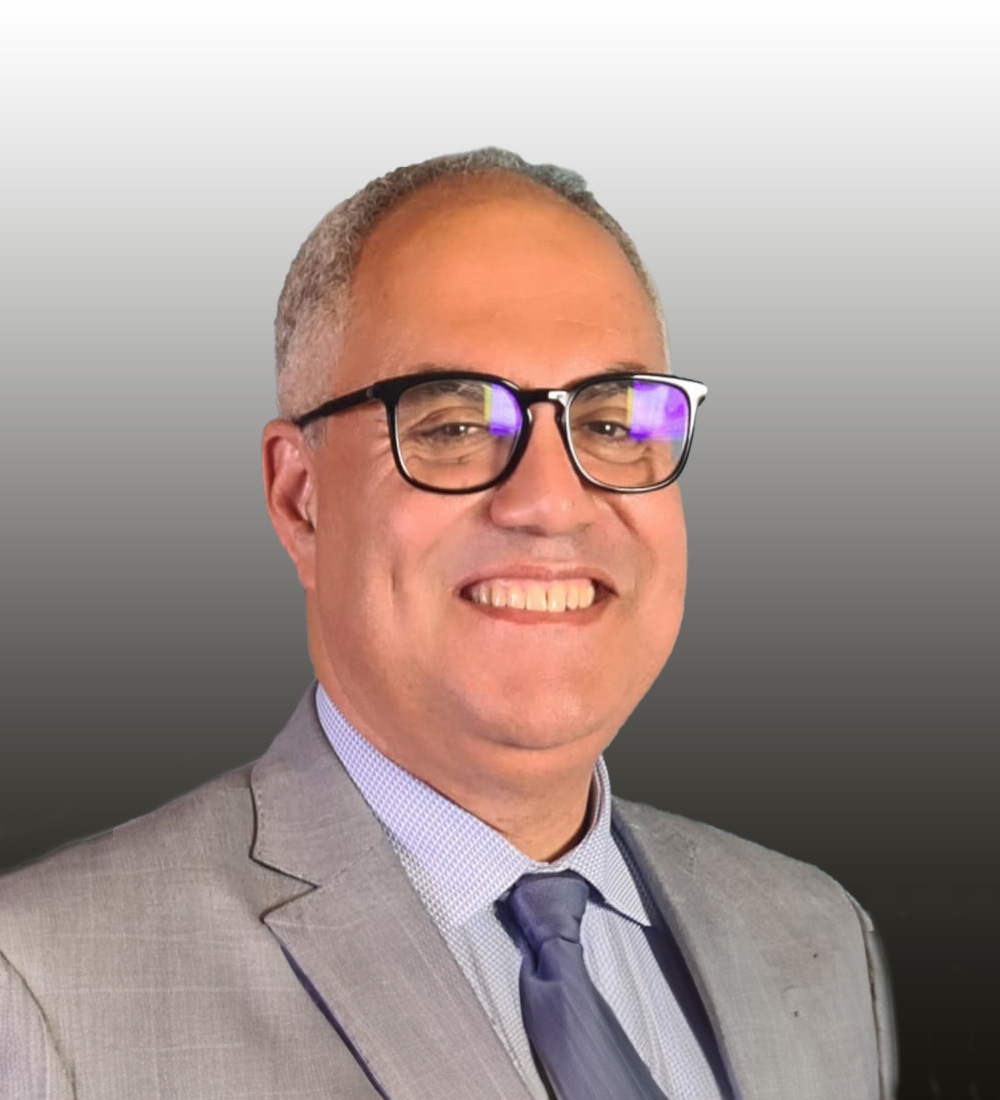

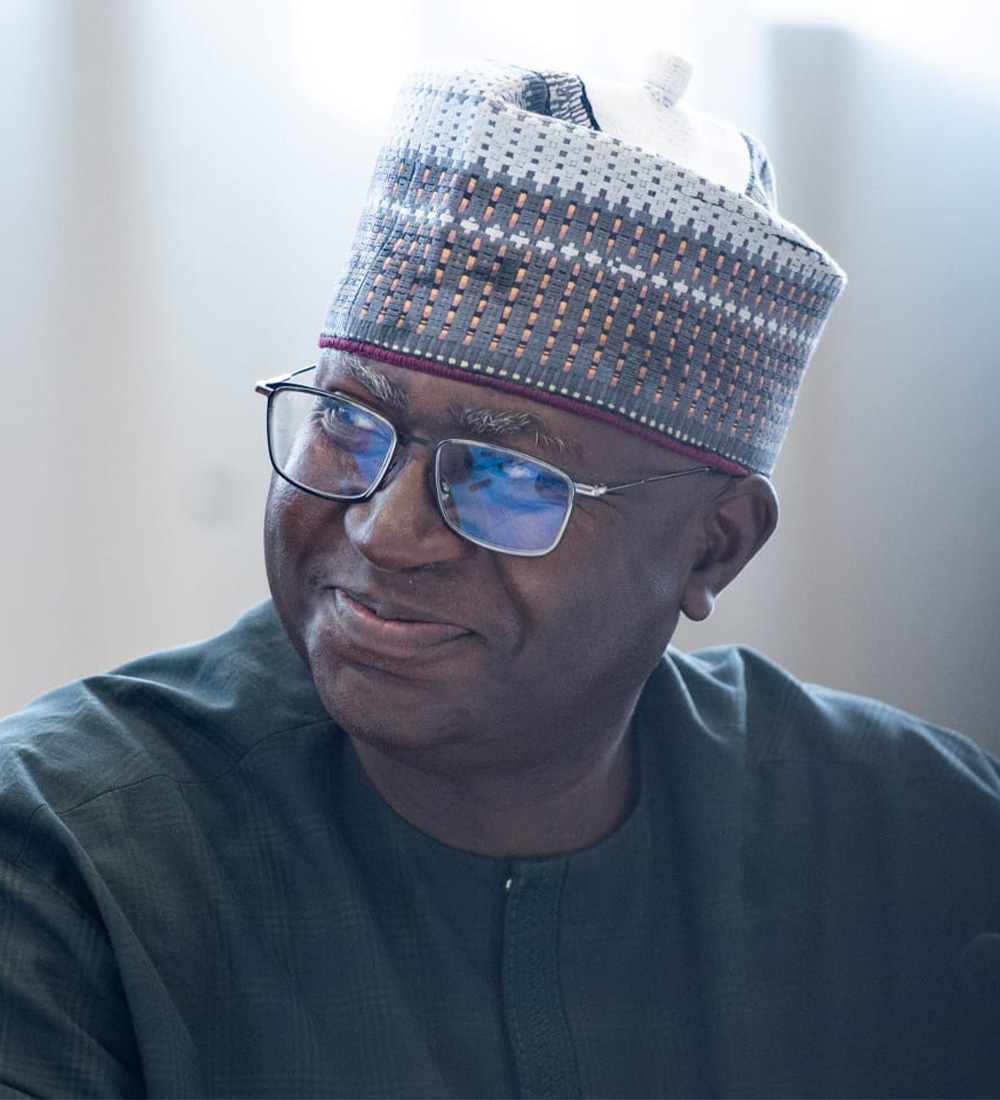
Education is commonly viewed as a catalyst for shared prosperity, unlocking the golden door to freedom and opportunities for both individuals and communities. It equips people with diverse capabilities essential for achieving personal and collective goals. Consequently, the education sector receives significant allocations of funding, primarily from public sources, in both developed and developing countries. For example, government spending on education as a percentage of GDP is approximately 3.6% in low-income countries (LIC), 4.6% in low- and middle-income countries (LMIC), and around 4.7% in upper-middle- and high-income countries (UMIC and HIC).
Despite increased attention and substantial funding, the promise of providing quality education for all remains unfulfilled. While enrolments are on the rise globally, there is still ample room for improving access in many developing countries. This difficulty is heightened by the reality that numerous children finish primary school without acquiring essential skills in numeracy and literacy. The additional complication brought about by the COVID-19 pandemic has further escalated the situation, disrupting learning on a global scale and markedly raising the count of children and youth experiencing learning poverty. As per the World Bank, approximately 70% of 10-year-olds in low- and middle-income countries presently struggle to comprehend a basic written text.
- How is education perceived as a catalyst for shared prosperity and individual freedom?
- What specific challenges do developing countries face in terms of access to quality education?
- How do governments address these challenges in education, and how should responses vary among low-income countries (LIC), low- and middle-income countries (LMIC), and upper-middle- and high-income countries (UMIC and HIC)?
- What has been the impact of the COVID-19 pandemic on global education, particularly concerning learning poverty and adaptive solutions to this issue?
Moderator
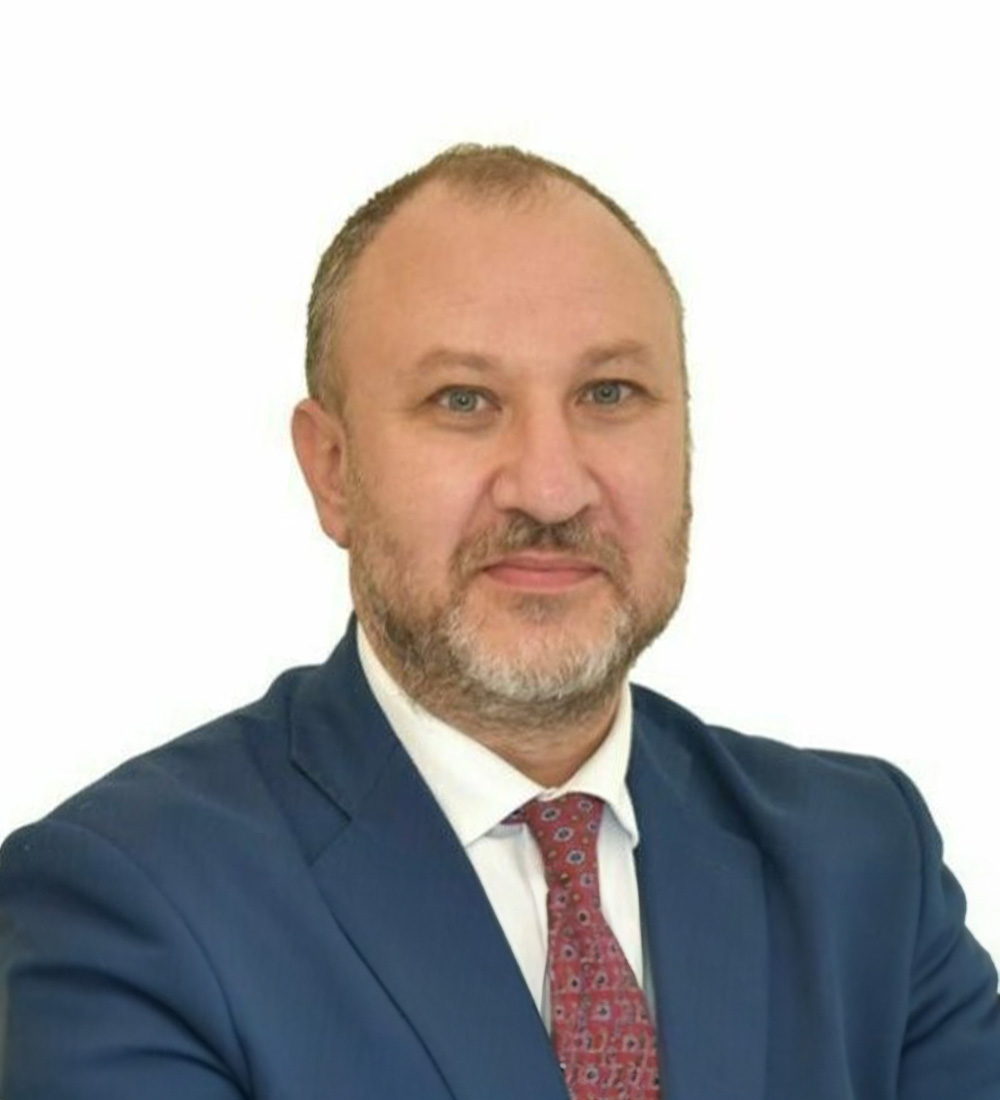
Speakers
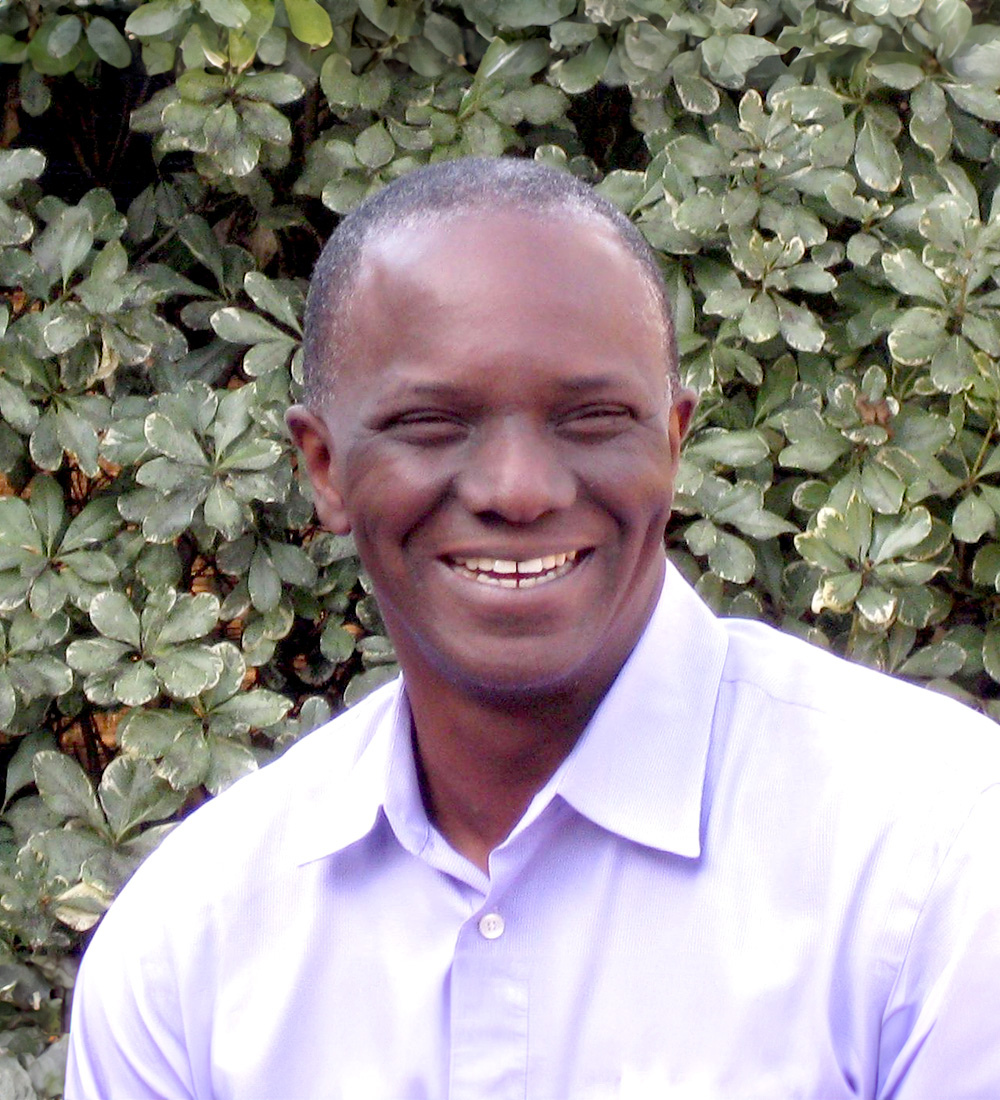
Over the past three years, the West African Sahel region has experienced a series of coups d'état spanning from Guinea on the Atlantic Ocean to Sudan on the Red Sea. In the Central Sahelian nations (Mali, Burkina Faso, and Niger), various motives and circumstances have been attributed to these coups. The military leaders have accused ruling regimes of corruption, economic mismanagement, and a failure to address armed separatist and terrorist groups posing a threat to stability. The divergent international responses to these coups also underscore the intricate dynamics at play regionally and globally. The West's rivalry with Russia, as part of the larger great power competition, intersects with the conflict in Ukraine. The confused and ambiguous reaction from the Economic Community of West African States (ECOWAS) highlights the fragility of an alliance once considered robust. The future of European presence, led by France, is unpredictable. Simultaneously, Bamako, Niamey, and Ouagadougou forge a military alliance that reshapes the region's geopolitical alliances and weakening the ECOWAS’s cohesion. Amidst these geopolitical shifts, climate change, underdevelopment, corruption, state decay, leaves civilians in need of peacebuilding, humanitarian aid, and international support.
- Does the recent surge in military-led governments across the Sahel region signify a new norm in governance, moving from civilian rule to military authority?
- Can the military-led governments effectively address the fundamental development concerns that underlie insecurity in the region?
- To what extent has the rise of military alliances in Bamako, Niamey, and Ouagadougou altered the traditional power dynamics and geopolitical alliances in the Sahel?
Moderator
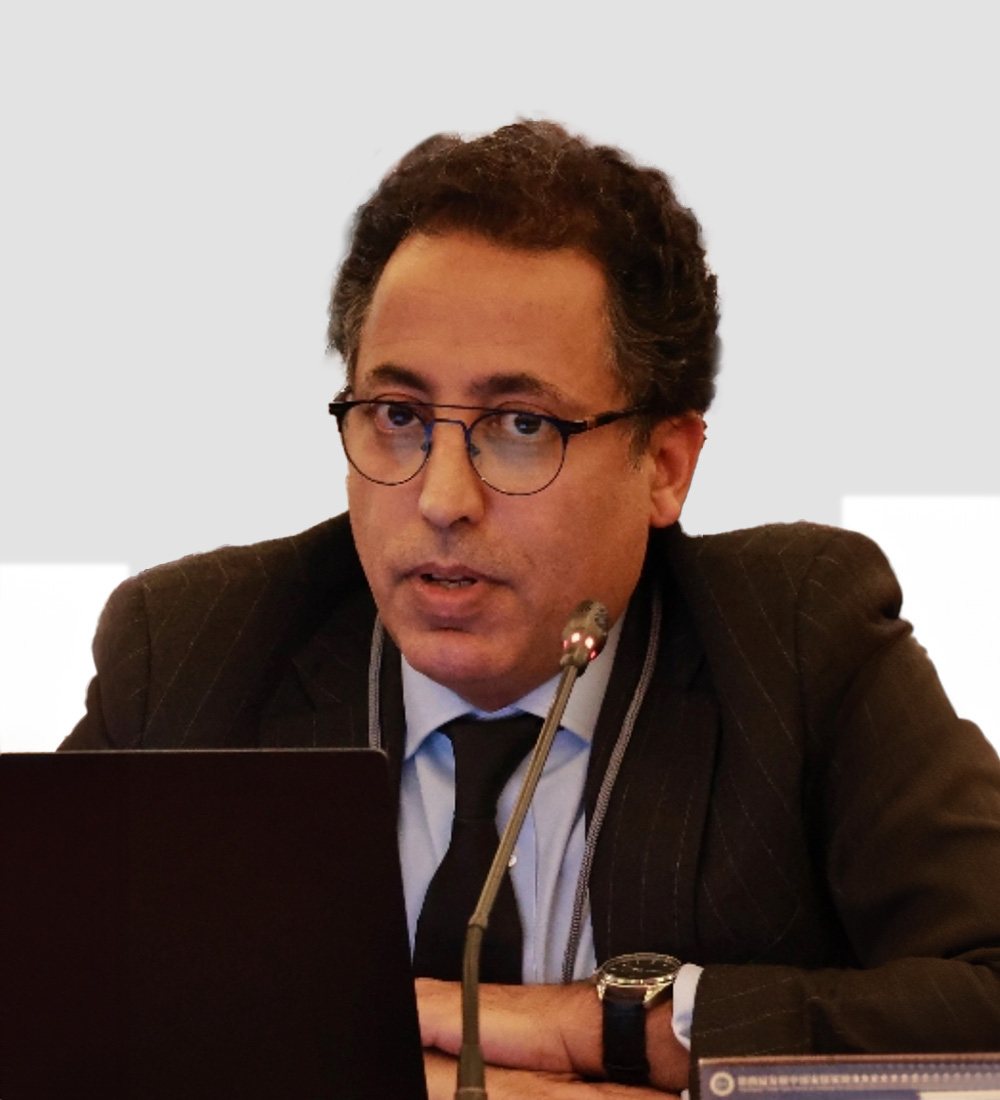
Speakers
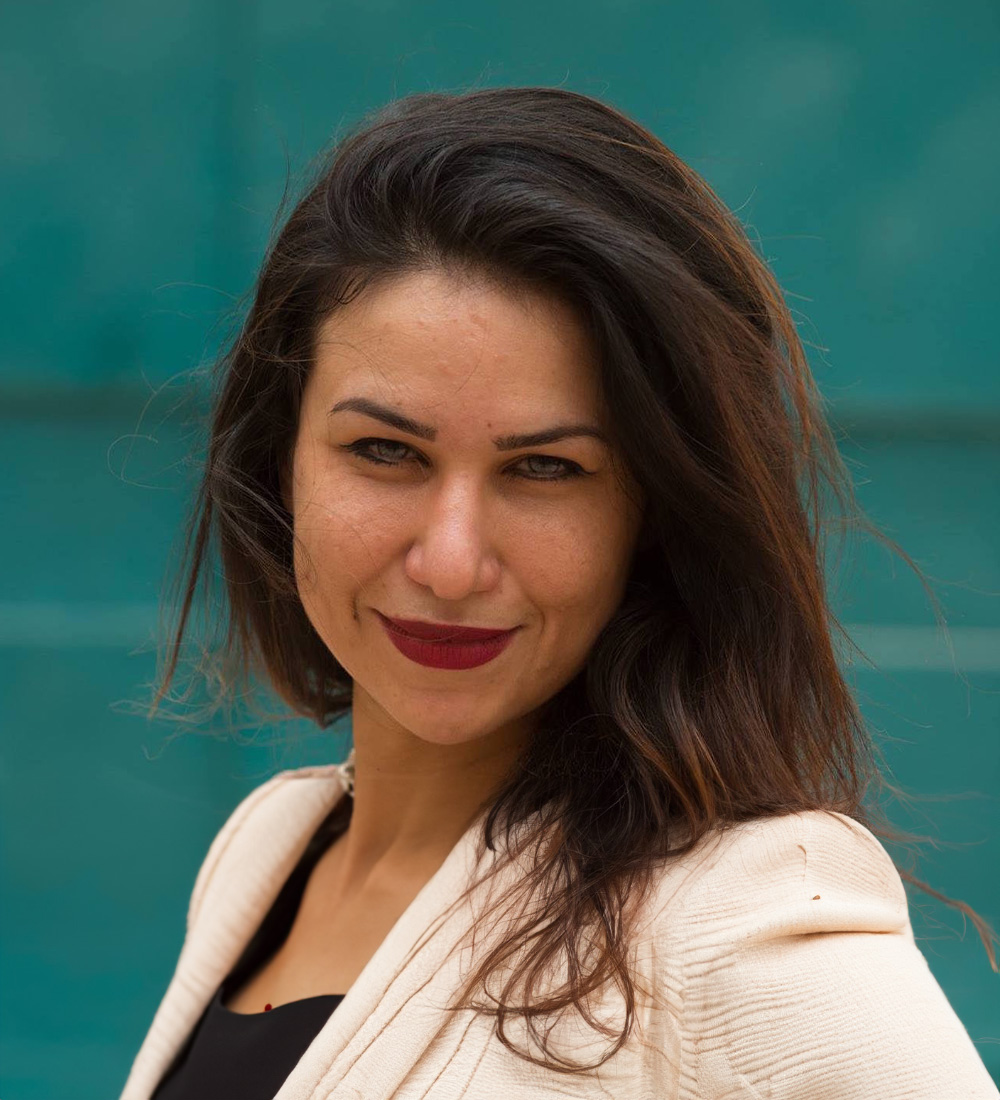

The escalating cost of food is giving rise to increasing concern and distress on a global scale, particularly in the least developed countries. This multifaceted crisis, encompassing soaring food prices, rising energy costs, and tightening financial conditions, not only has individual impacts but also intertwines, leading to vicious cycles. Elevated prices of fuel and fertilizers amplify production costs for farmers, potentially resulting in increased food prices and lower farm yields, posing a significant threat to food security. This ongoing crisis compounds the adverse effects of climate change, which have disproportionately affected the agricultural sector in the least developed countries. Given that a substantial percentage of citizens in these nations are employed in the agricultural sector, the need for innovative solutions and policies to improve living standards and ensure food security has become a top priority in many countries. Urgency surrounds the necessity to promote transformative changes in agri-food systems, utilizing available resources judiciously to serve as catalysts for employment generation and sustainable economic growth.
- How can innovative agricultural practices be implemented to mitigate the impact of rising production costs and ensure sustained yields, particularly in the least developed countries?
- What policies and international collaborations can be fostered to address the interconnected challenges of surging food prices, escalating energy costs, and tightening financial conditions, and how can these efforts contribute to global food security?
- In what ways can governments and organizations prioritize and invest in initiatives that promote climate-resilient agriculture, and how can these initiatives enhance both employment opportunities and economic growth?
Moderator
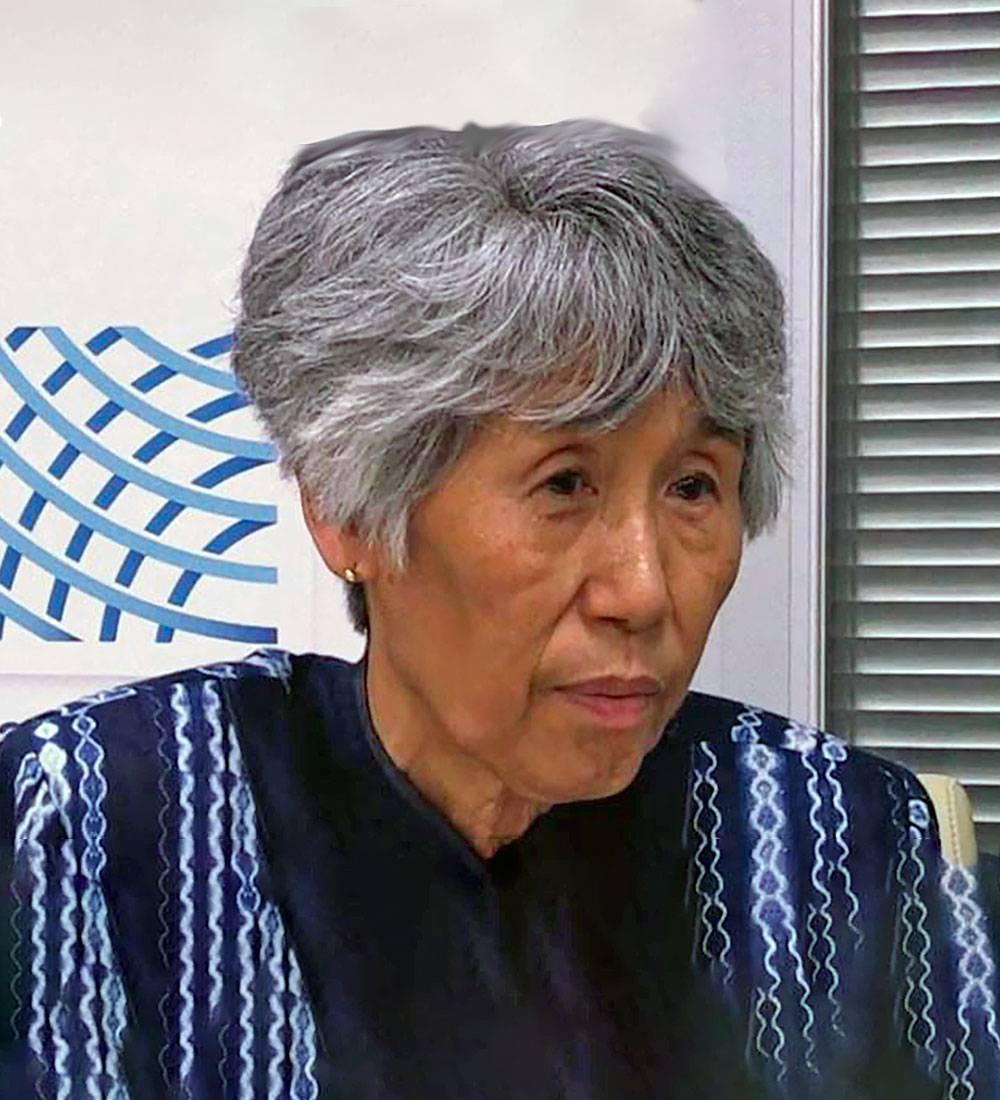
Speakers


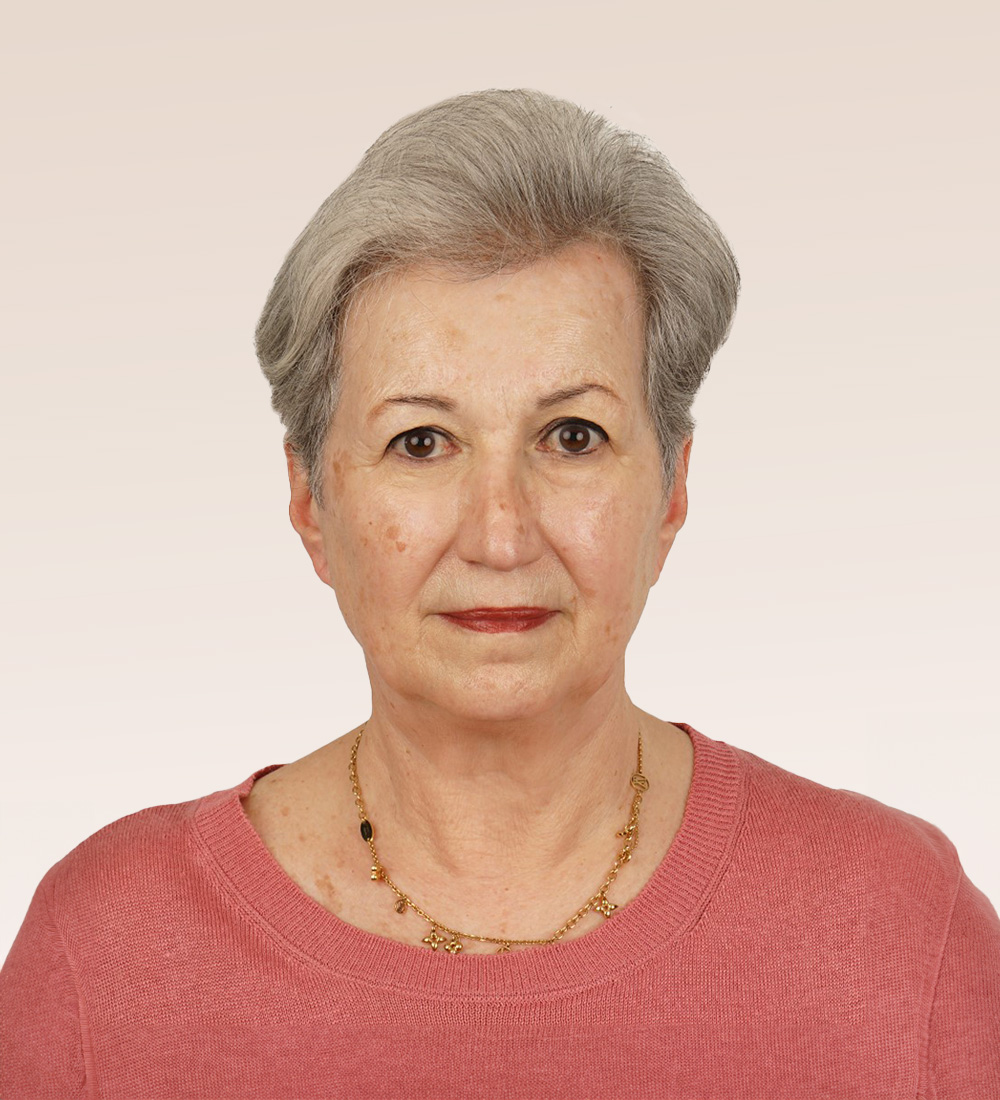
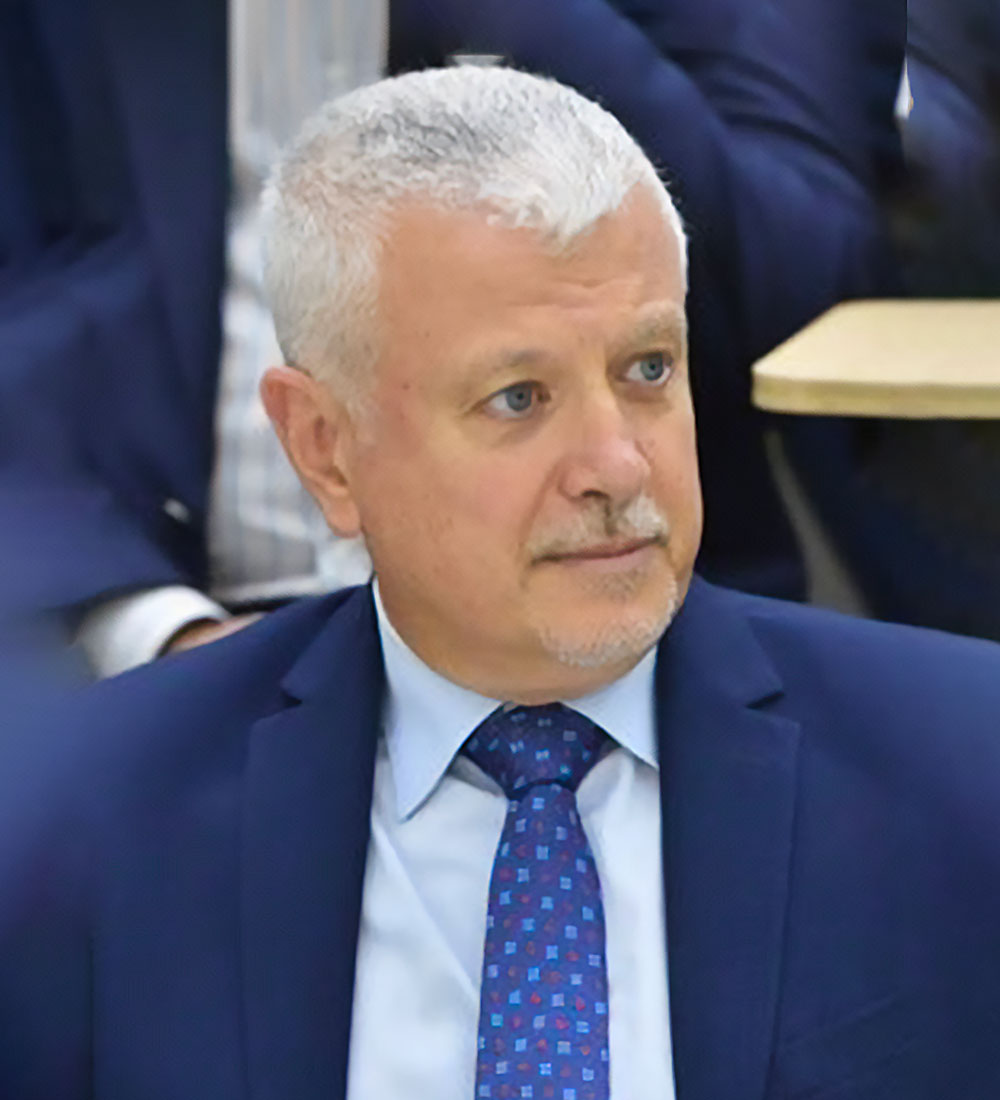
In the trail of the South Atlantic Alliance launched in Lanzarote in June 2009 and the former precedents of Latin America-Africa cooperation, South Atlantic cooperation is gaining momentum as a complementary strategy to address the multiple challenges faced by coastal States on both sides of the Atlantic Ocean, North and South, in Africa, Latin America and the Caribbean, North America, and Europe. In such a complex area as the wide Atlantic, with such a high degree of heterogeneity among States, triangular cooperation is one of the tools for advancing a South Atlantic agenda. The United Nations defines triangular cooperation as “Southern-driven partnerships between two or more developing countries supported by a developed country(ies)/or multilateral organization(s) to implement development cooperation programmes and projects”. In terms of areas for cooperation, the Action Plan of the Partnership for Atlantic Cooperation (subscribed to by 32 Atlantic States in September 2023 in New York) emphasized “Scientific cooperation and shared research and environmental observations and ocean data, information and maritime awareness and exchanges of young Atlantic scientists”. On the other hand, the Action Program adopted in July 2023 in the last ministerial meeting of the Atlantic African States Process (Rabat Declaration II) is somehow more ambitious in scope and establishes three strategic priorities: political and security dialogue on the fight against terrorism, transnational organized crime, maritime piracy and illegal migration; the blue economy, maritime connectivity and energy; and sustainable development and the protection and conservation of the marine environment.
As the time is ripe to pass from plans to action on concrete initiatives in South Atlantic cooperation, some key questions are worthy of a serious strategic reflection:
- What are the different perceptions of South-South Atlantic cooperation and to what extent can they be declined in a common cooperation agenda? What are the specific drivers of triangular cooperation in the wide Atlantic and what is its added value in relation to other multilateral cooperation frameworks?
- What are the most promising areas for such triangular cooperation (or “pan-Atlantic”) in the South Atlantic and what are the most appropriate actors to promote it: states/governments, businesses, universities, research centres, cultural actors, other civil society agents, international organizations…?
- How should triangular cooperation in the South Atlantic be shaped: with the North (North-South-South) or as an autonomous strategy (South-South-South)? Through targeted projects involving a few countries or region-wide pan-Atlantic initiatives?
- What resources for triangular South-South Atlantic cooperation? How do we overcome the constraints emerging from funding arrangements and put in place triangular cooperation strategies beyond the donor-beneficiary framework?
Moderator
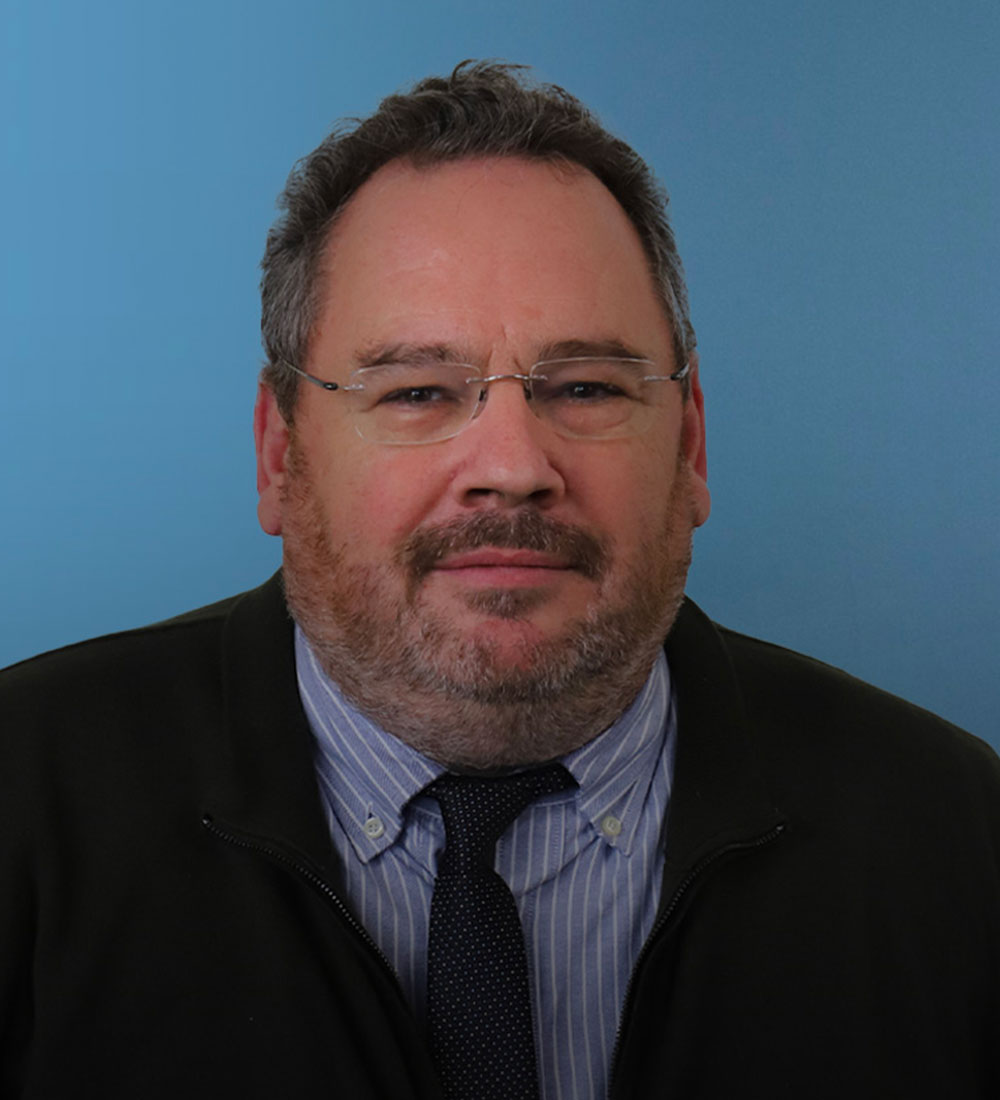
Speakers
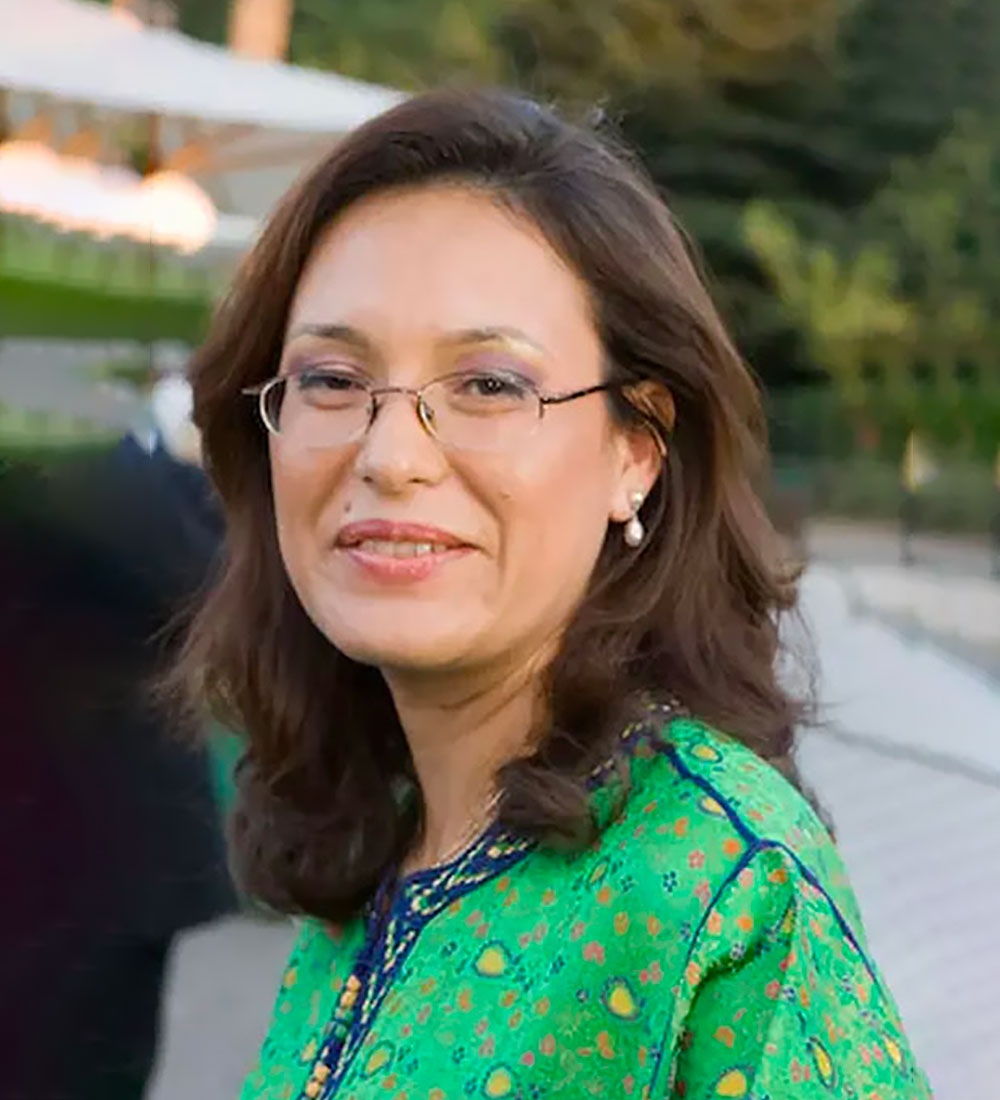
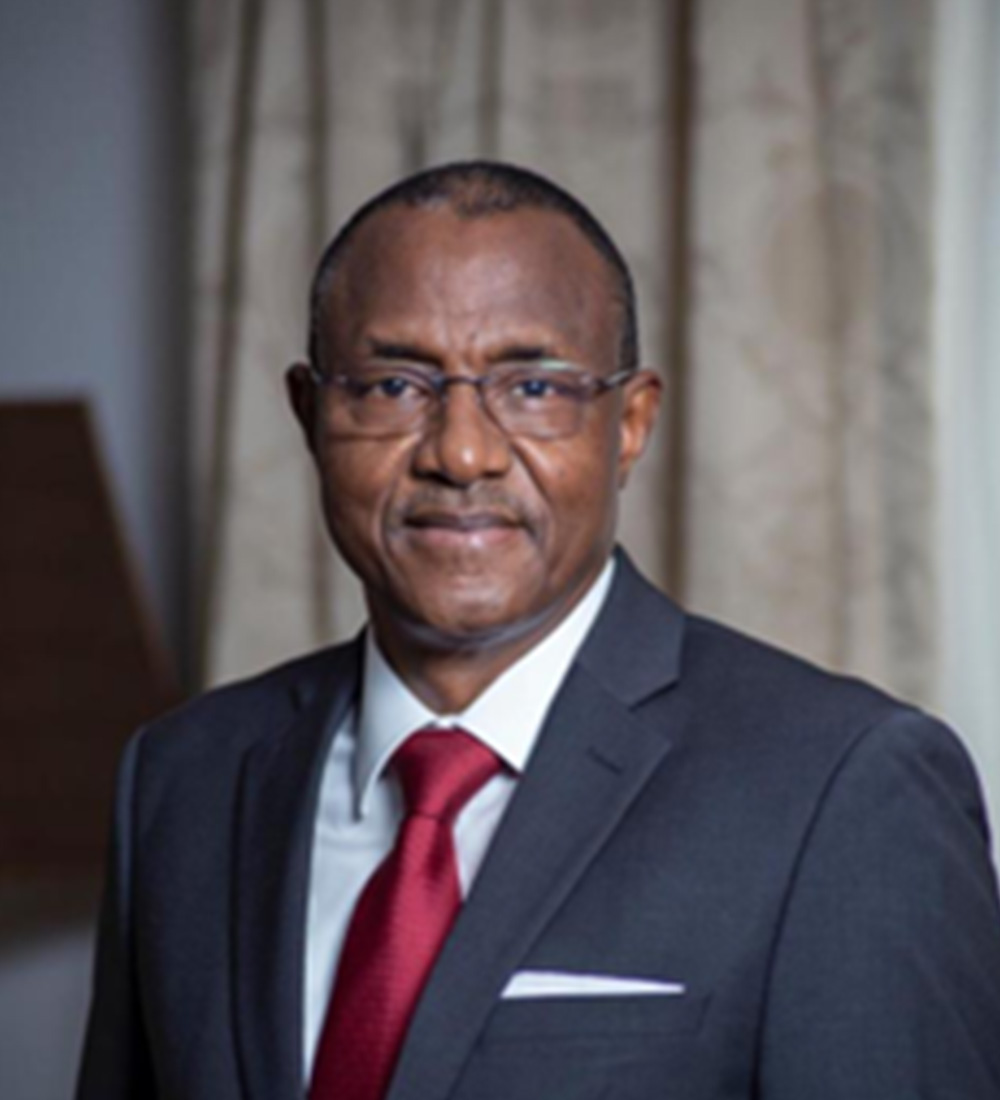


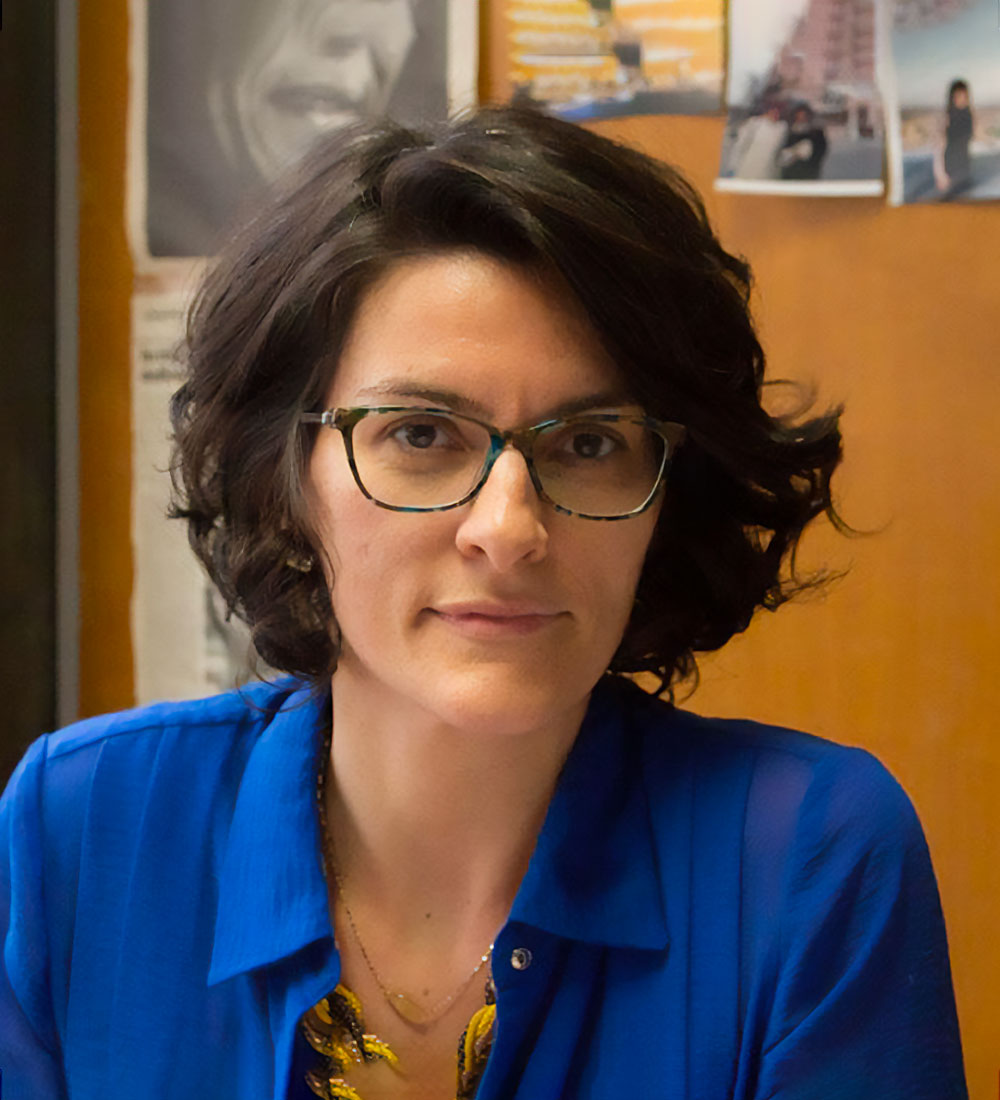
Euro-Mediterranean cooperation stands as a dynamic framework fostering collaboration across diverse realms. Anchored in the Barcelona process and the Union for the Mediterranean, nations from the European Union and the Mediterranean region actively engage in economic, political and cultural collaboration. Through Euro-Mediterranean Free Trade Area (EU-MEFTA) for instance, the exchange of goods and services were facilitated, nurturing economic growth and integration. Beyond commerce, the partnership extends to cultural preservation through initiatives like the Euromed Heritage Program. This collaborative effort celebrates shared cultural backgrounds, histories, and geographies, promoting mutual understanding. The Mediterranean Strategy for Sustainable Development further underscores joint commitments to address environmental challenges and combat climate change collectively, such an approach is also in line with the EU Global Strategy and the European Neighbourhood Policy. Diplomatic dialogues play a pivotal role in ensuring regional stability, exemplified by the Union for the Mediterranean's Regional Forum. This platform facilitates discussions on political challenges, conflict prevention, and crisis management, fostering a cooperative approach to shared concerns. In addressing migration and border security, the Rabat Process exemplifies Euro-Mediterranean commitment. This dialogue promotes collaboration on migration policies, border security, and counter-trafficking efforts, embodying shared solutions to challenges in the region. Euro-Mediterranean cooperation, encapsulated in these agreements and initiatives, exemplifies a multifaceted approach. From economic integration and cultural preservation to environmental sustainability and diplomatic dialogues, the collaboration stands as a testament to the shared commitment of nations on both sides of the Mediterranean to a prosperous, stable, and interconnected future.
Delving deeper into the complexities of Euro-Mediterranean Cooperation, we pose critical questions that steer our exploration
- How do evolving trade alliances and strategic investments contribute to a sustainable economic partnership between European and Mediterranean nations?
- In the realm of shared cultural programs, what role do these initiatives play in fostering mutual understanding and preserving the unique identities of participating nations?
- How have diplomatic dialogues within the Euro-Mediterranean framework evolved to address contemporary challenges, and what collaborative measures are being explored to enhance regional stability?
- Unraveling the dynamic interplay, what shared challenges does the Euro-Mediterranean landscape currently face, and where lie untapped opportunities for deeper collaboration?
Moderator

Speakers
